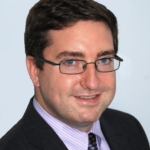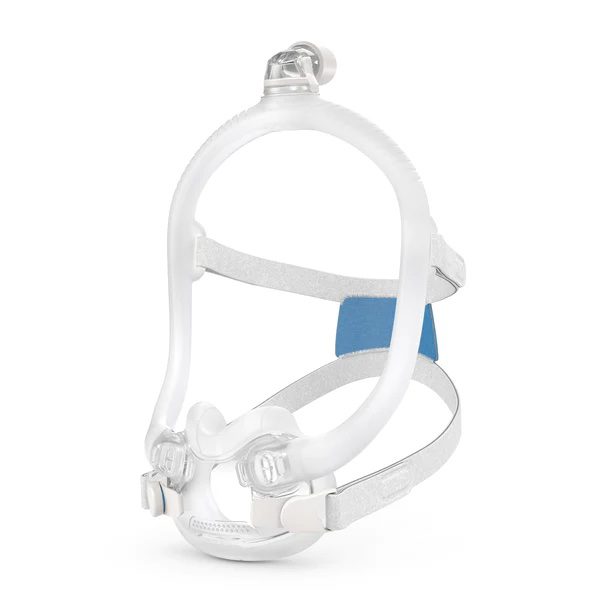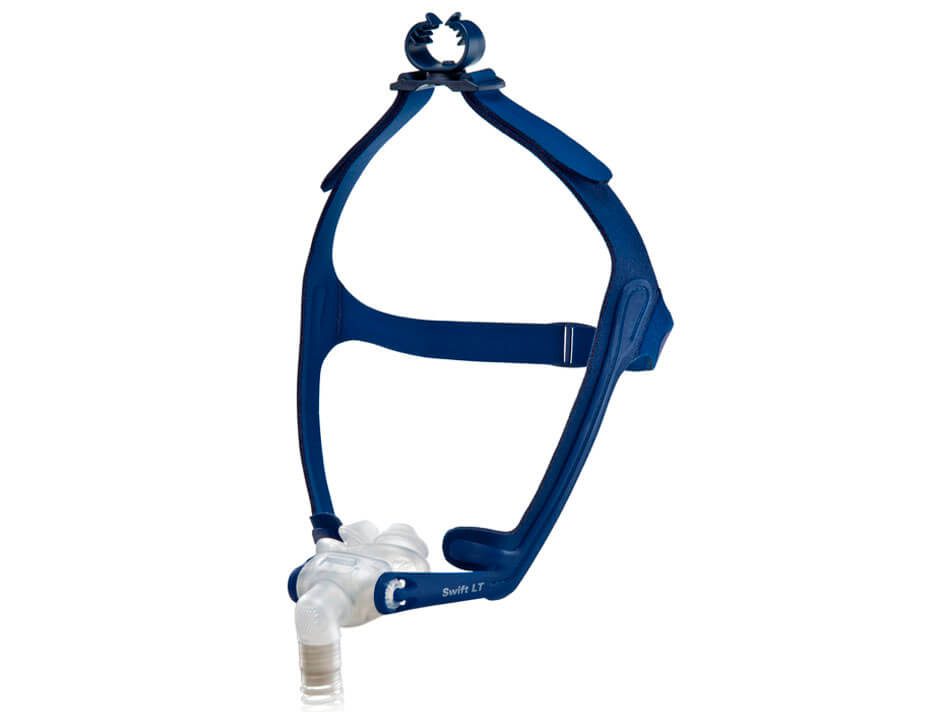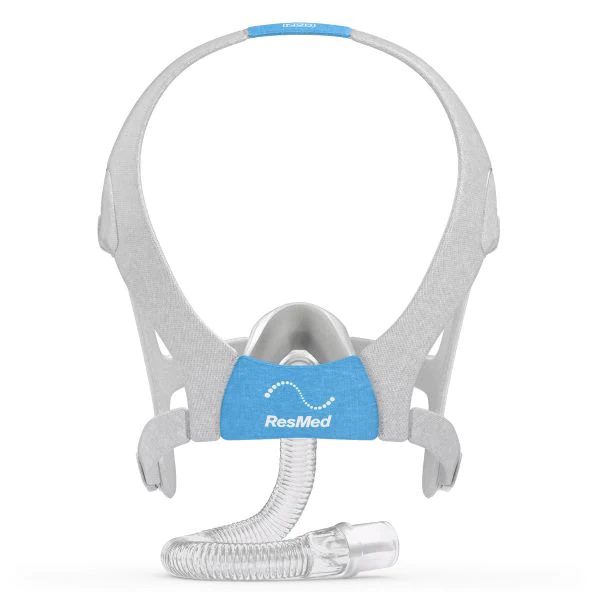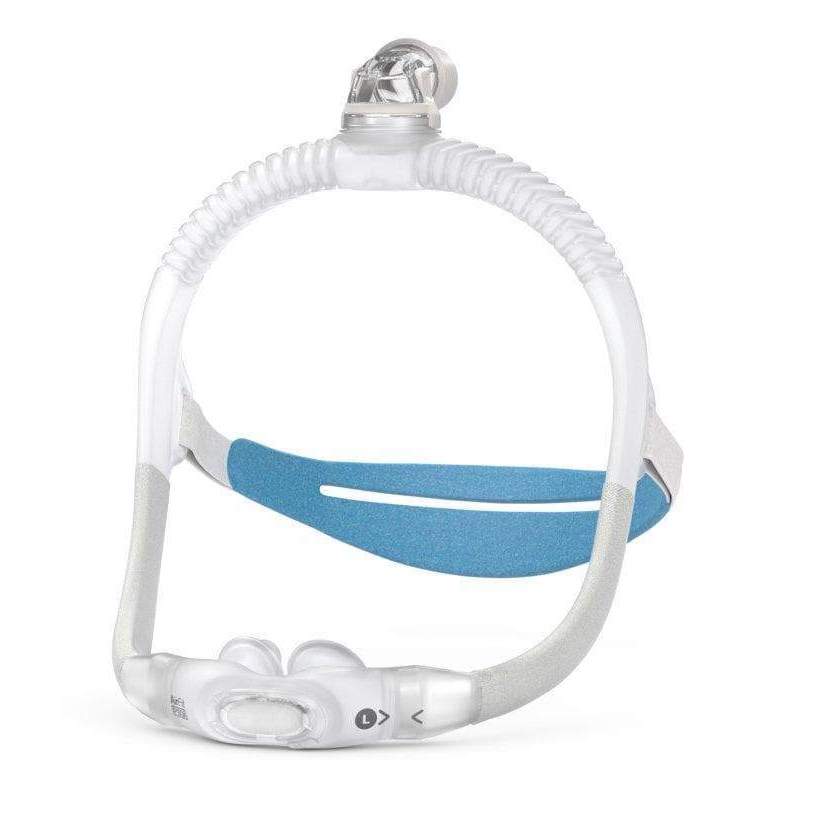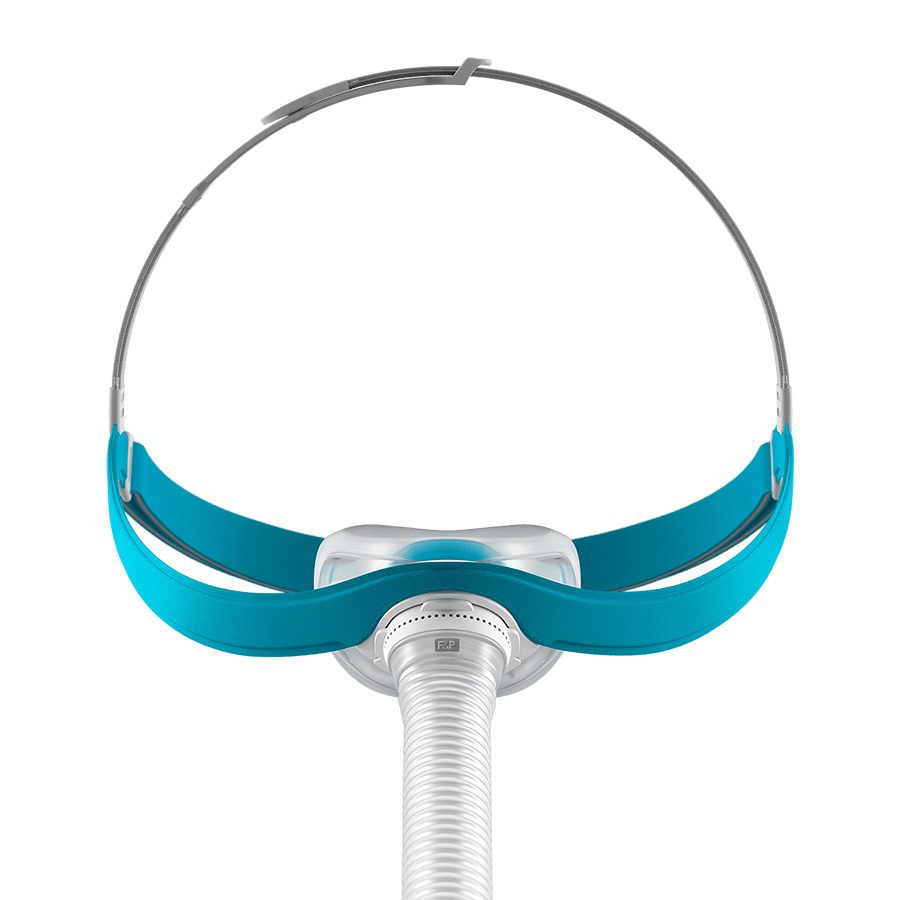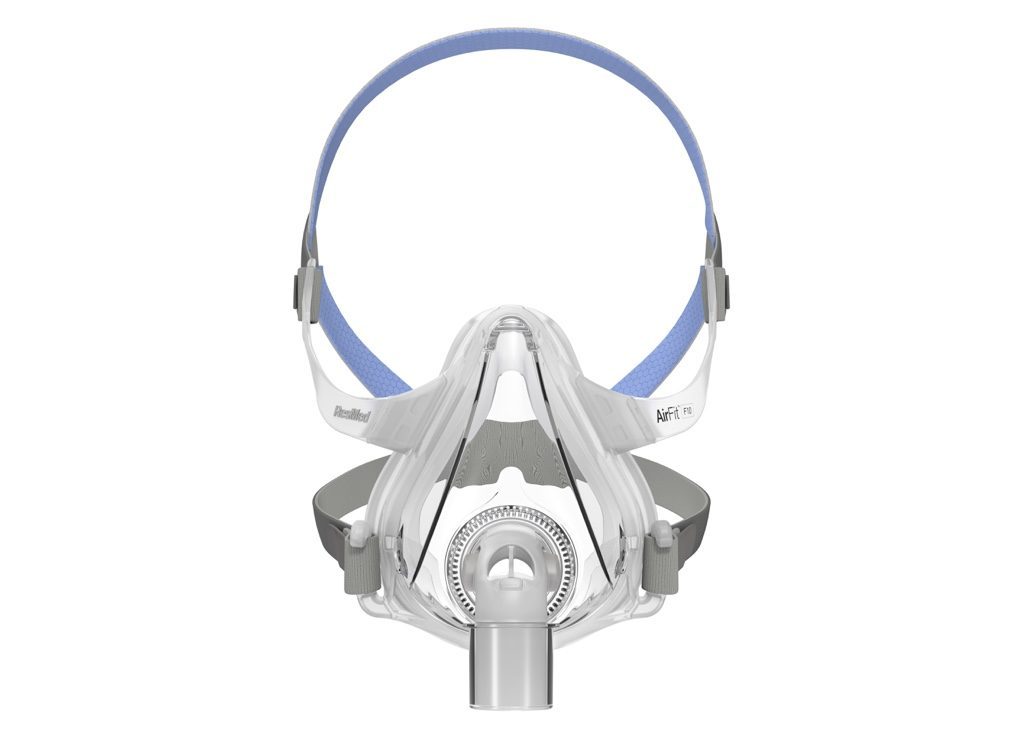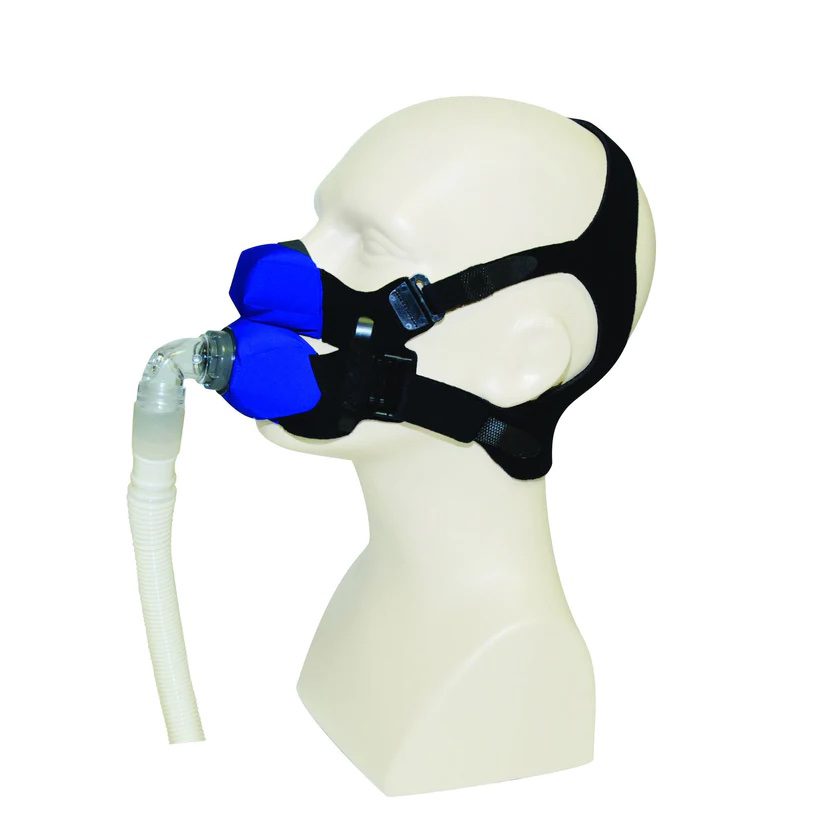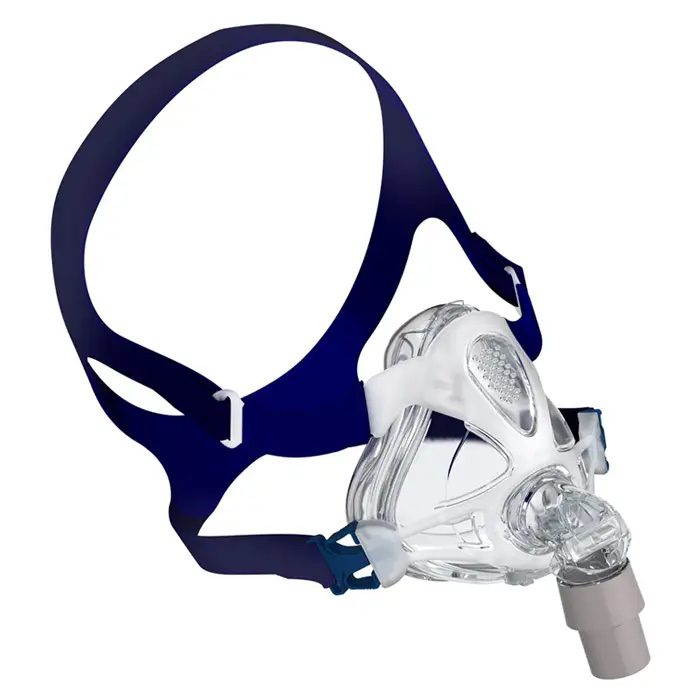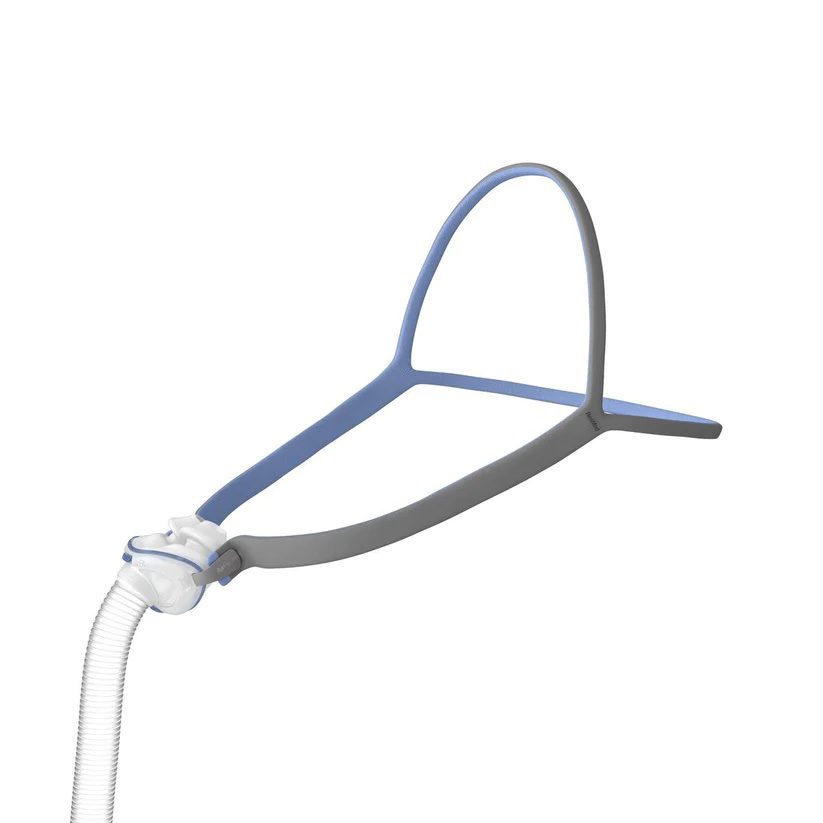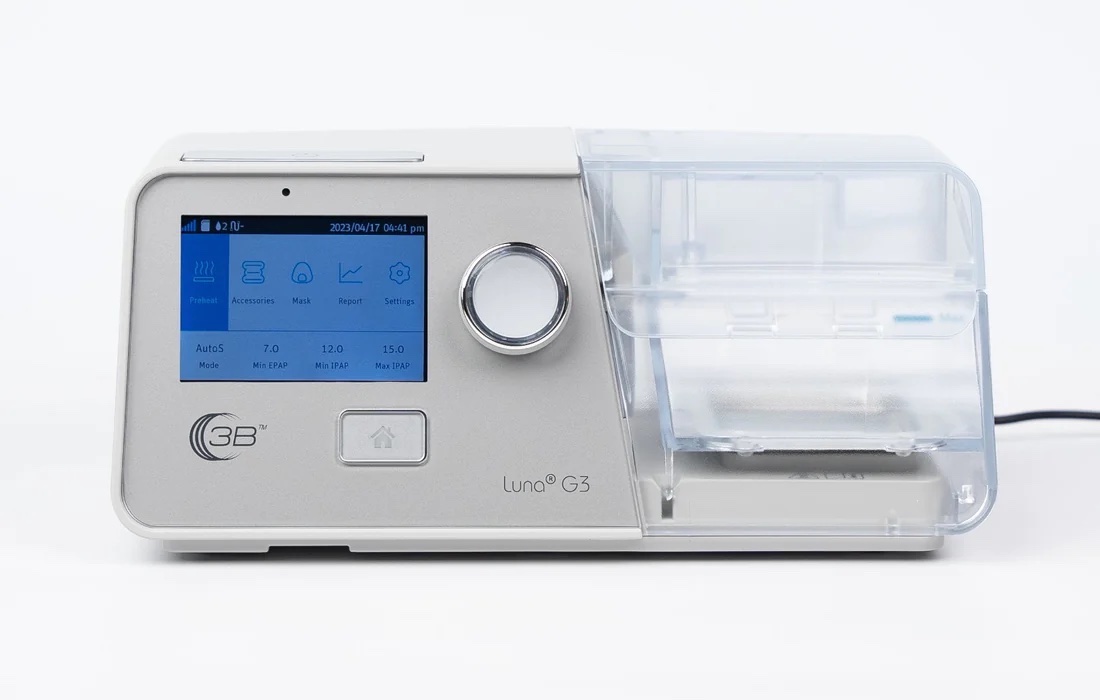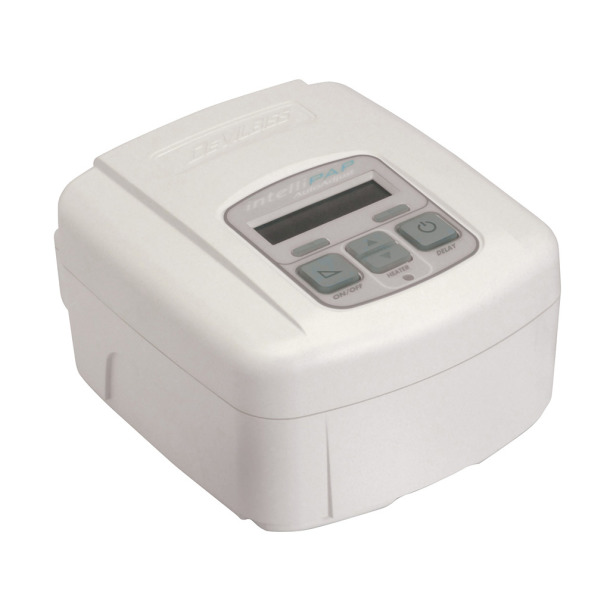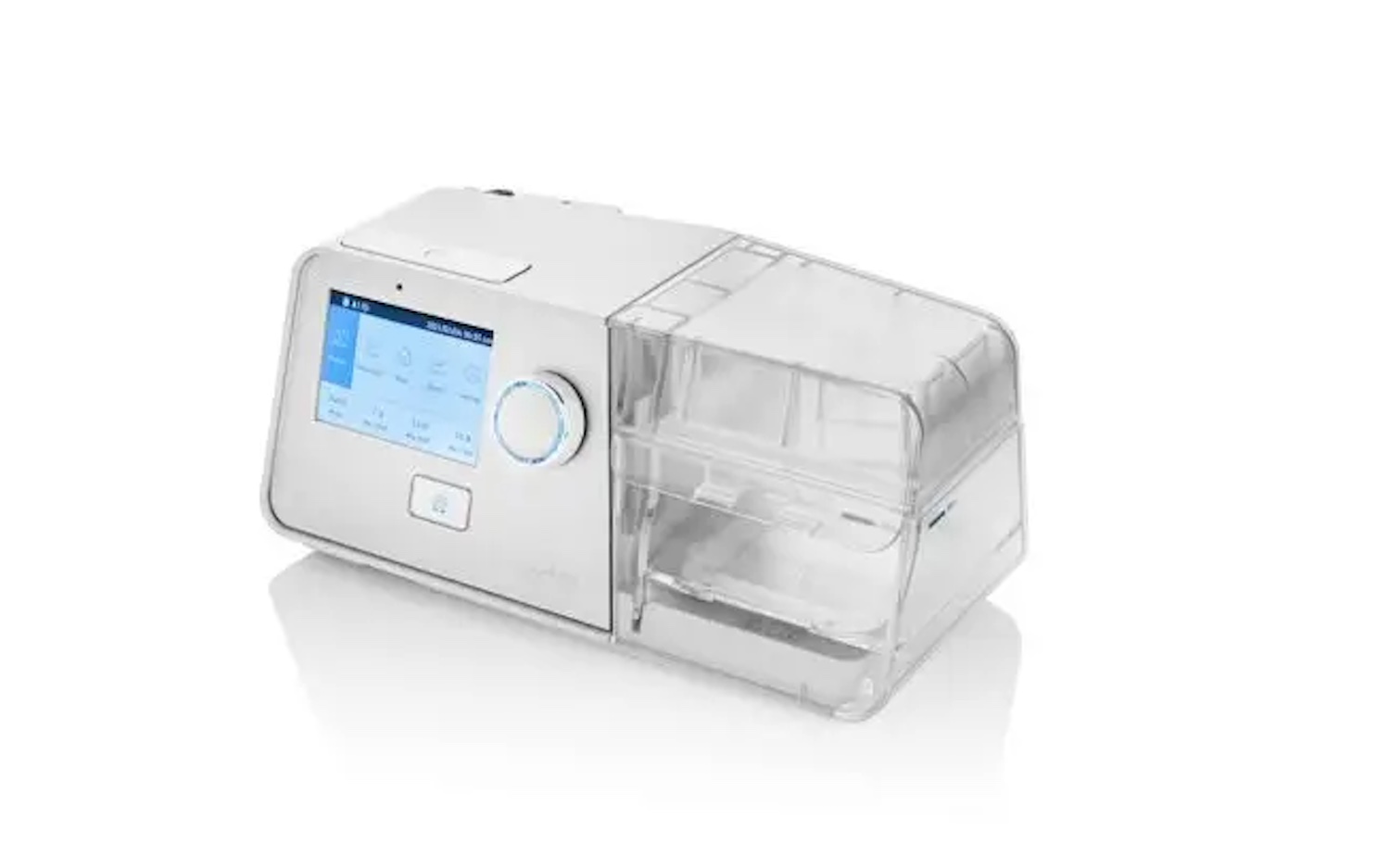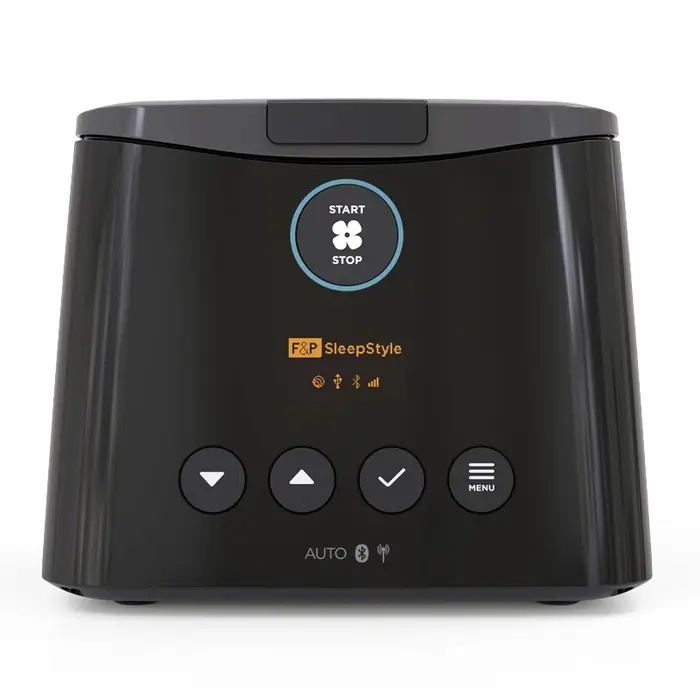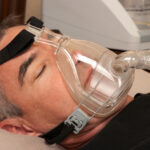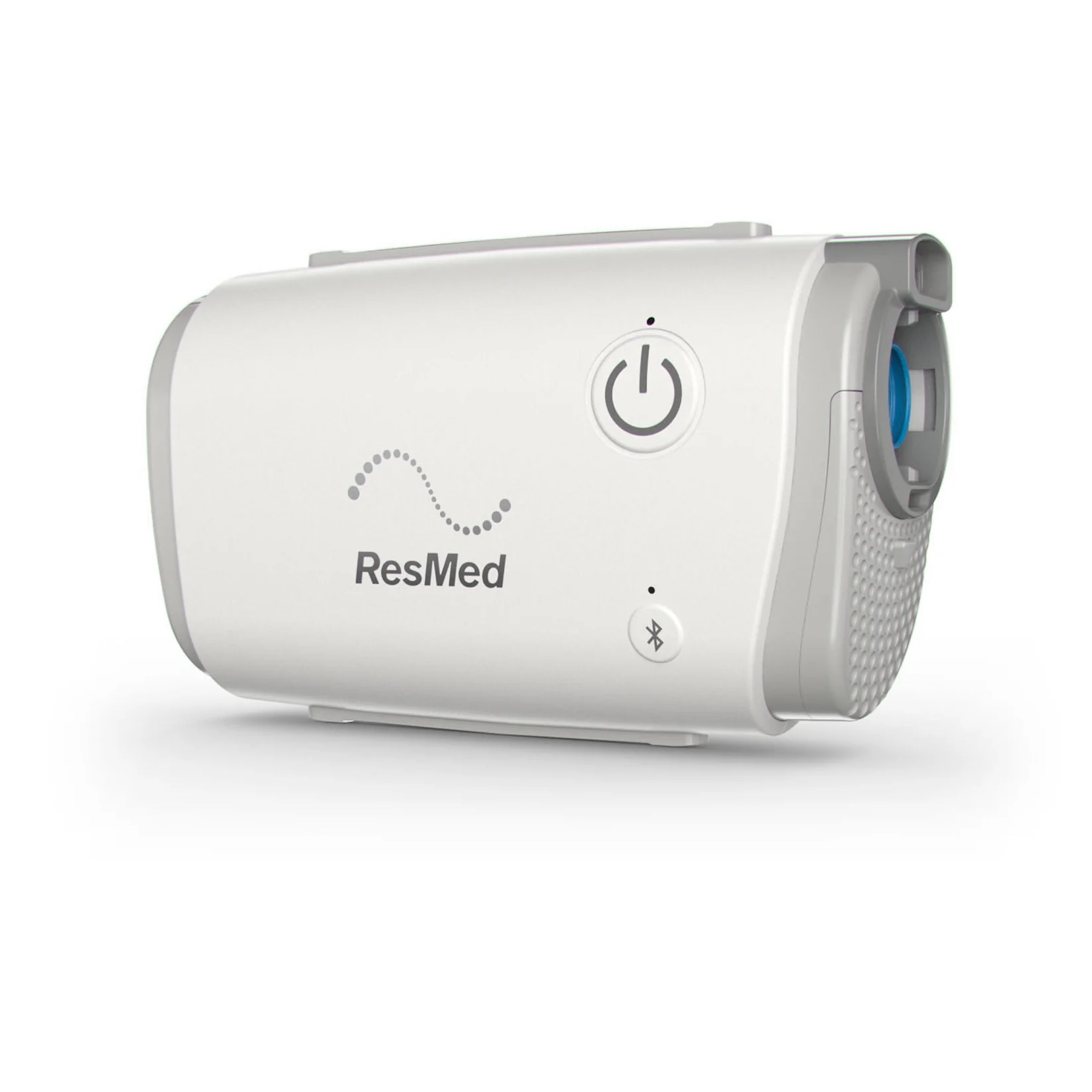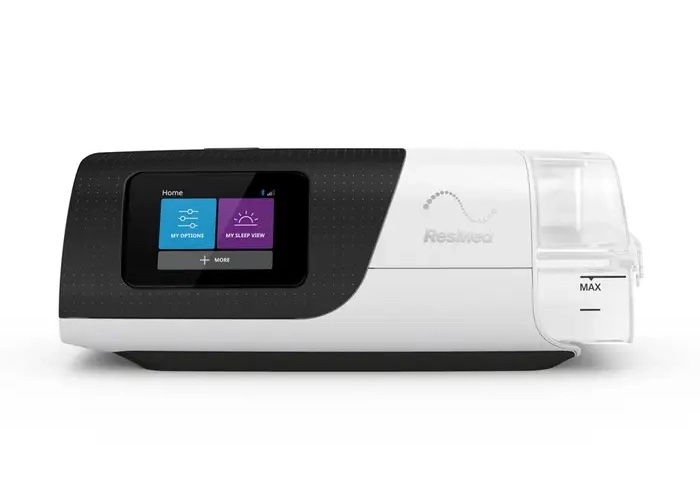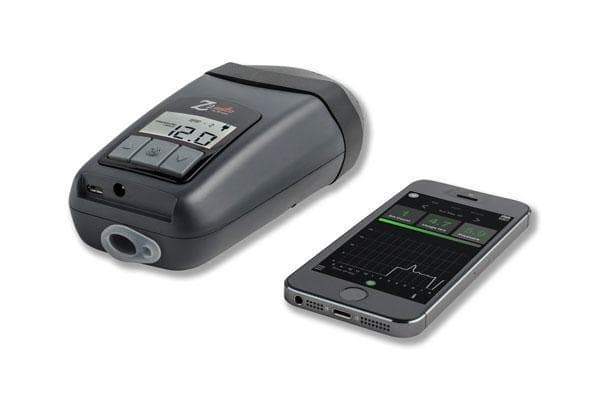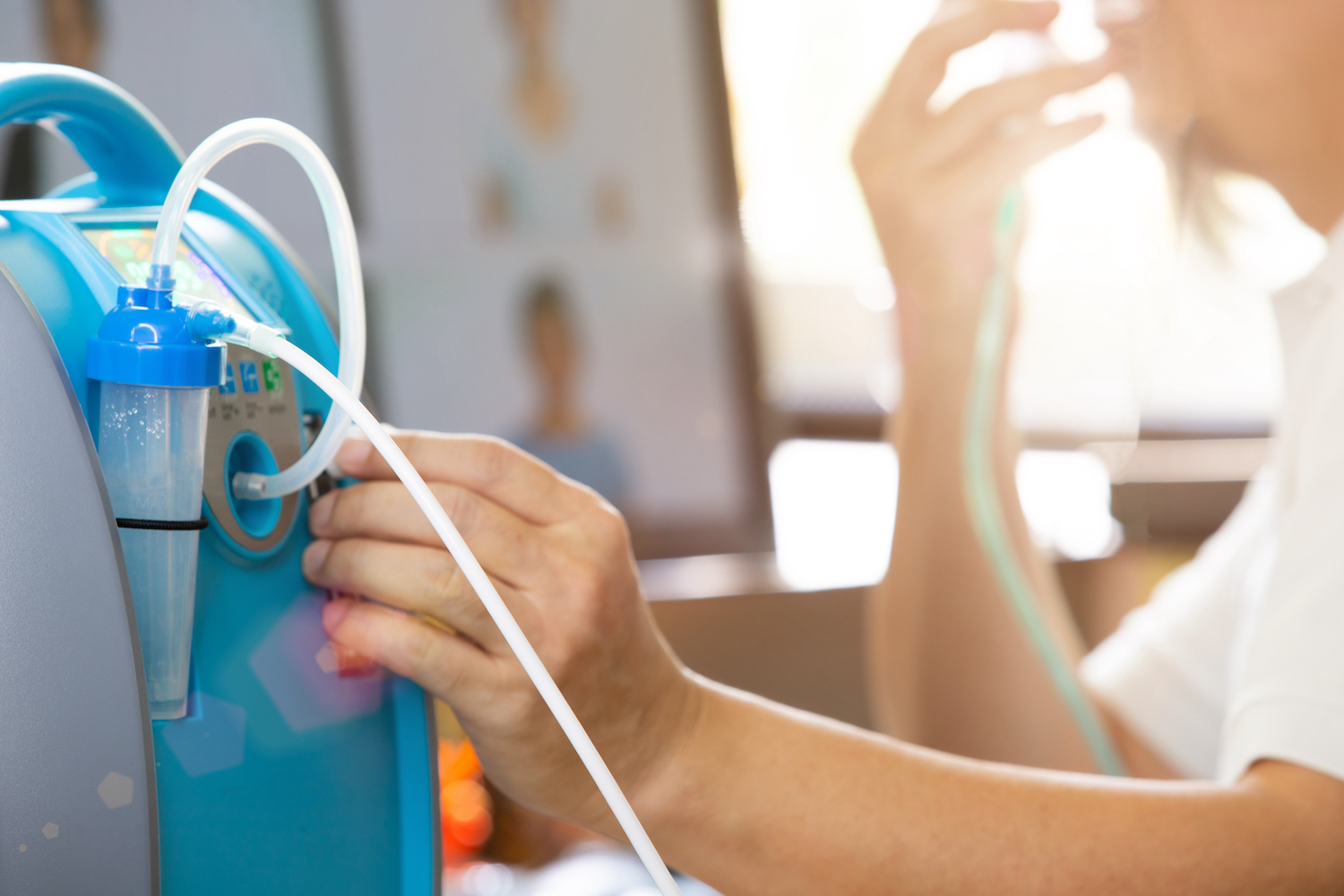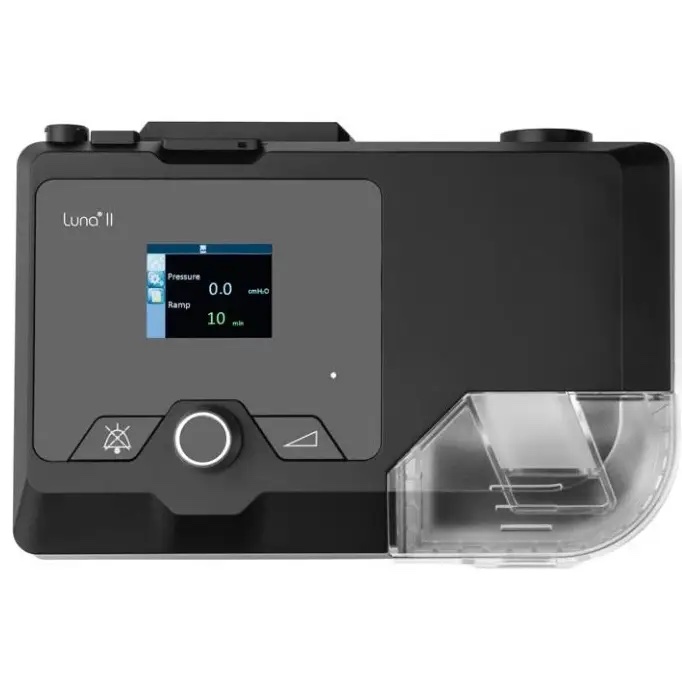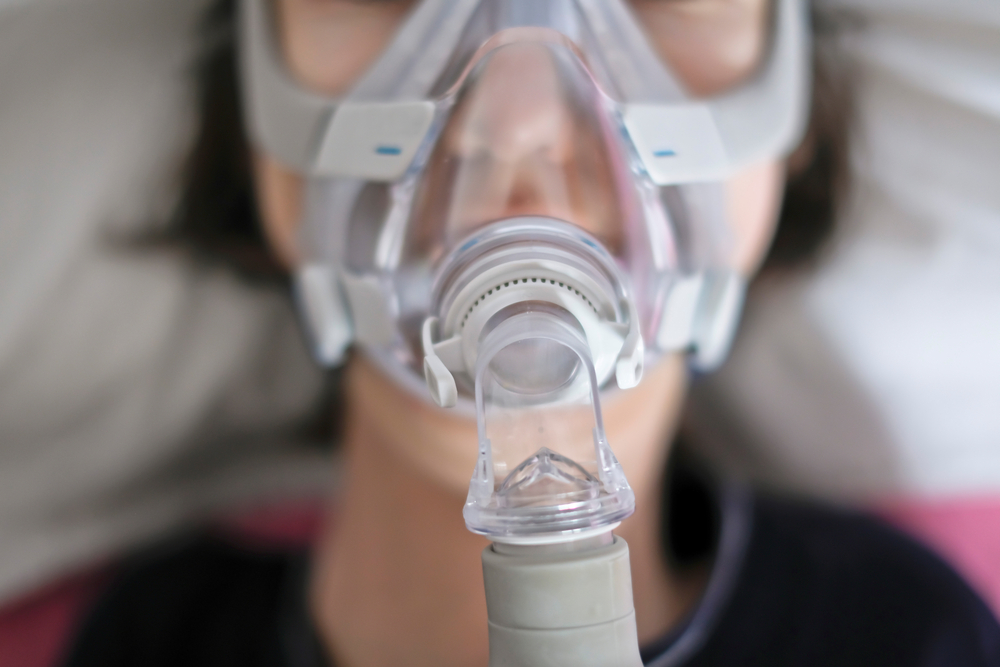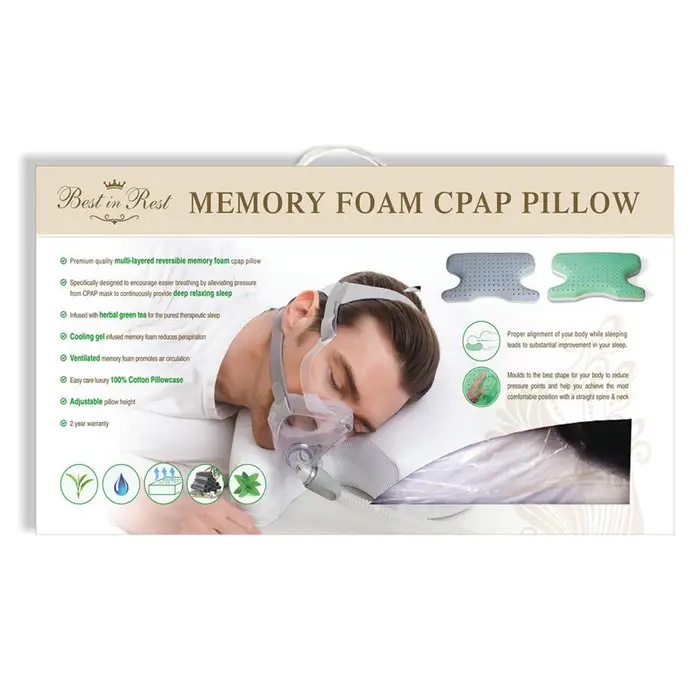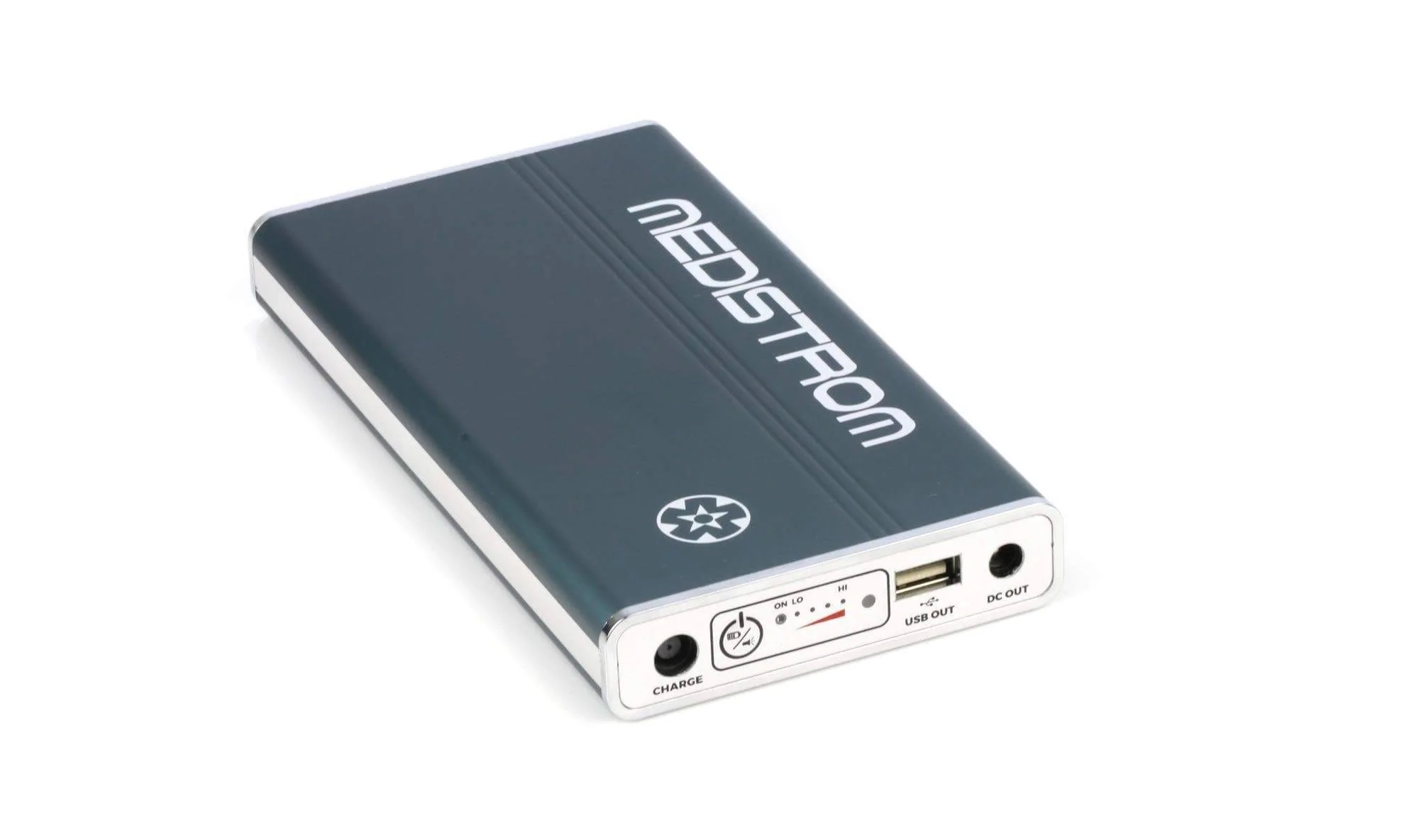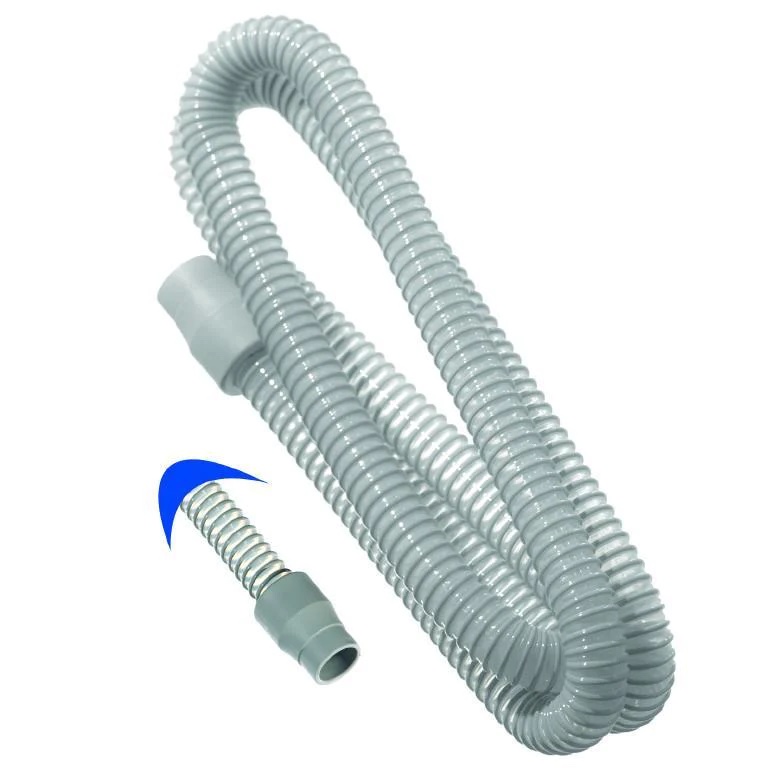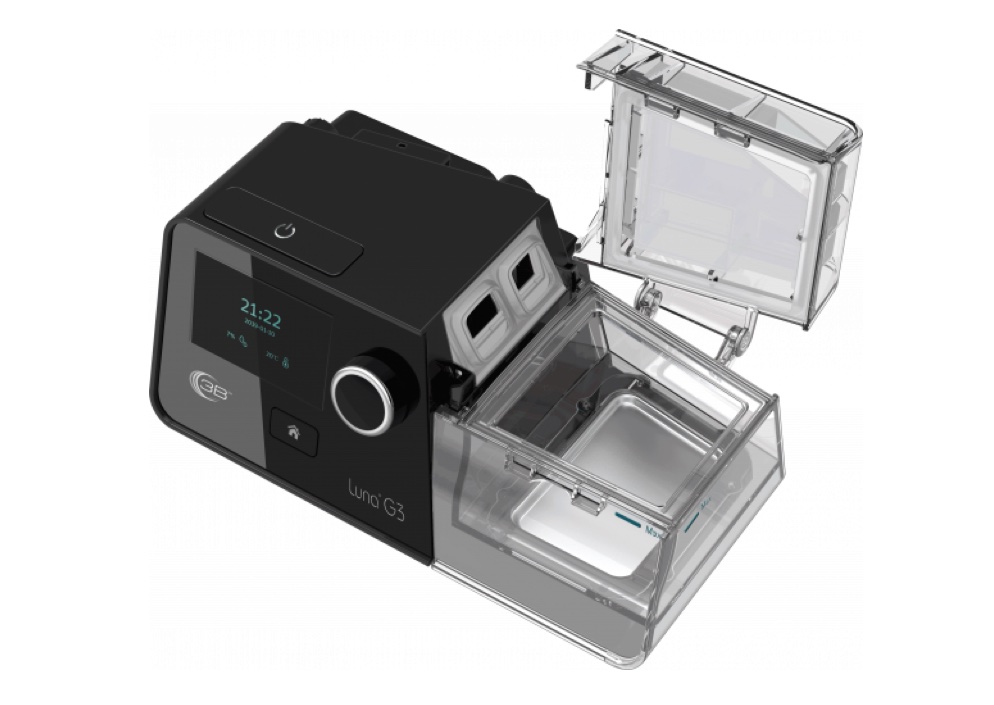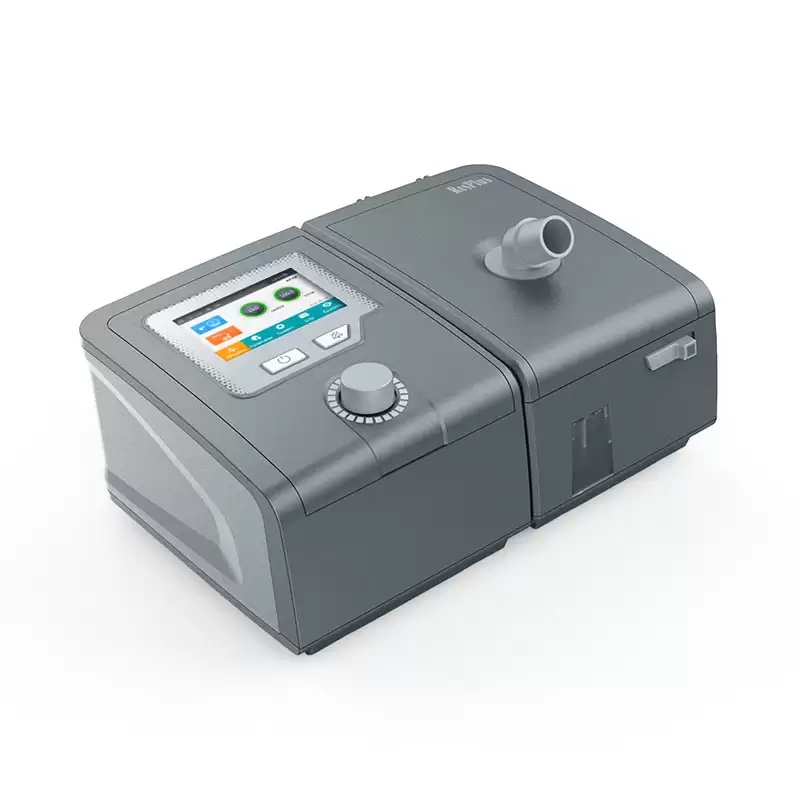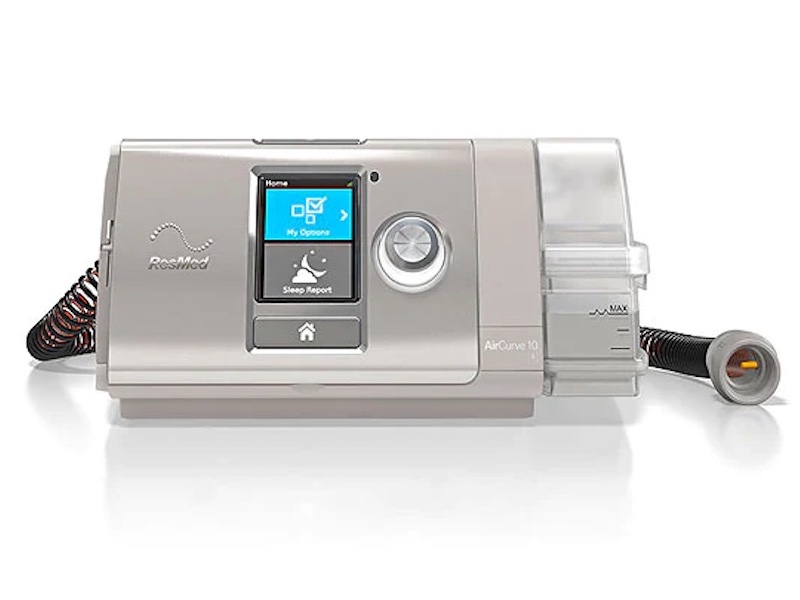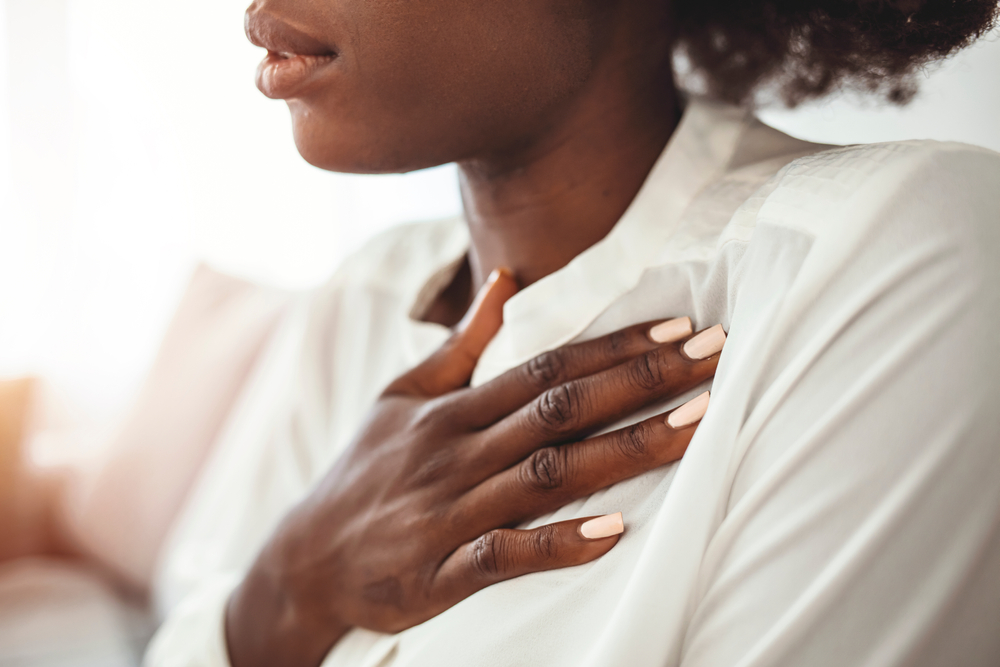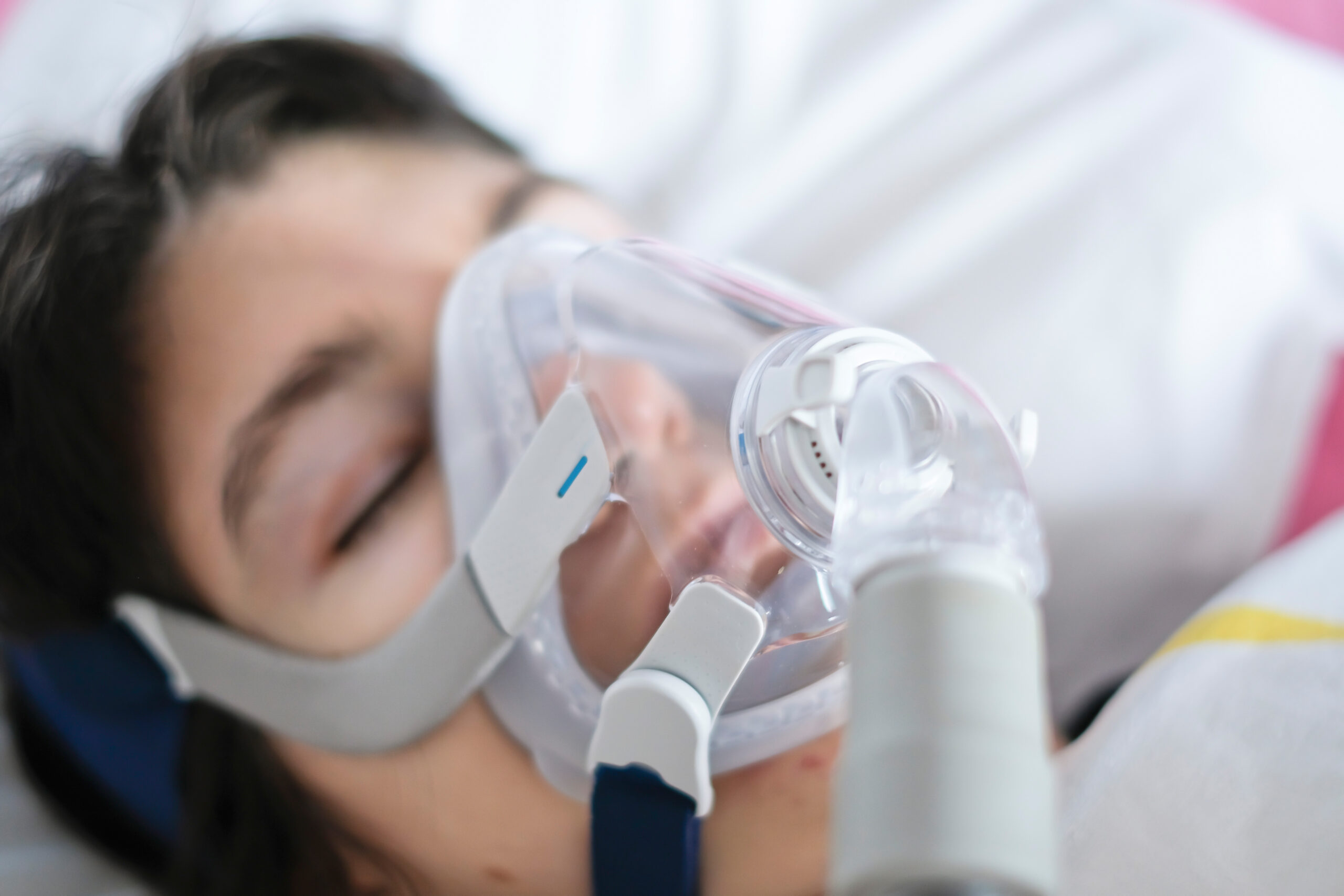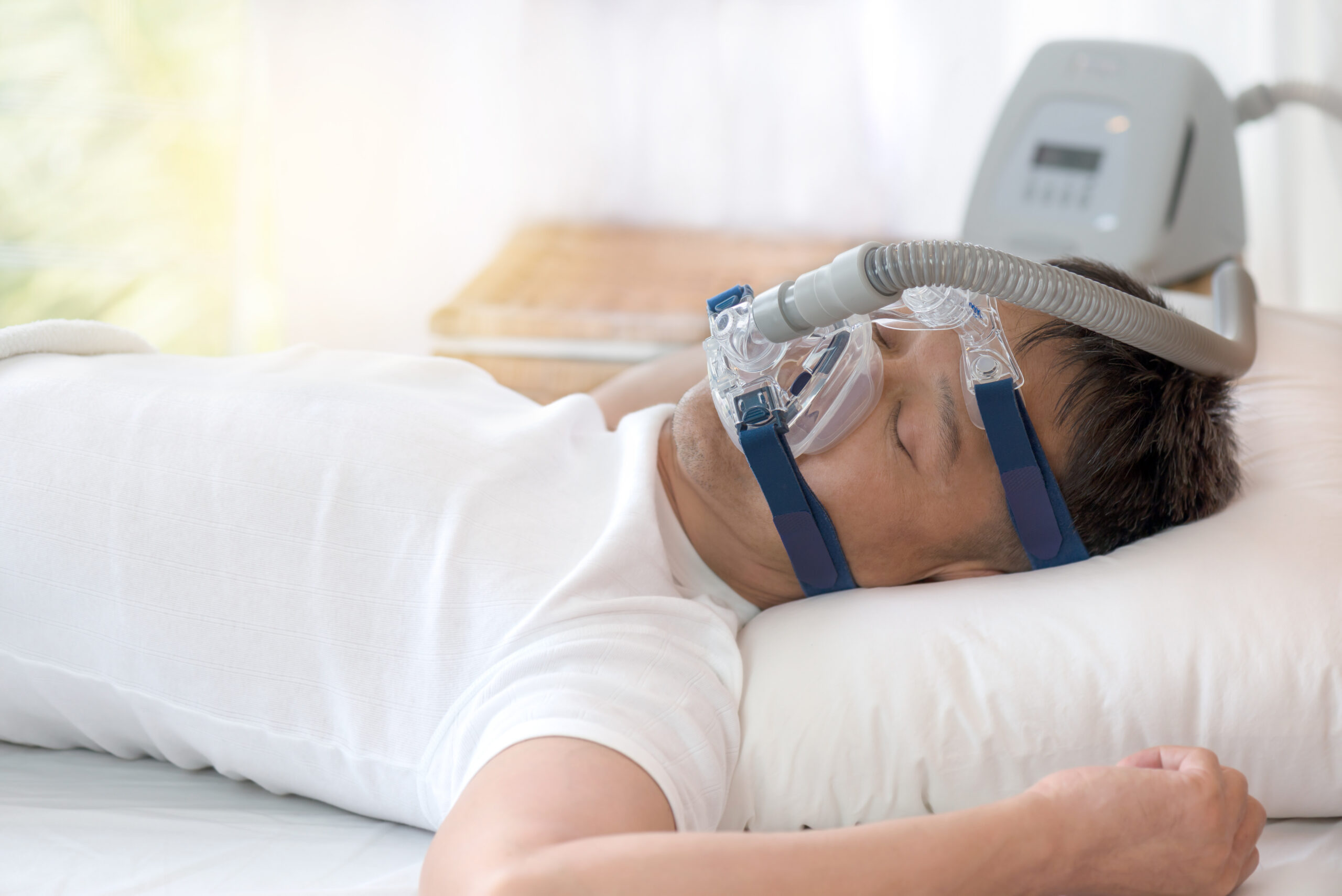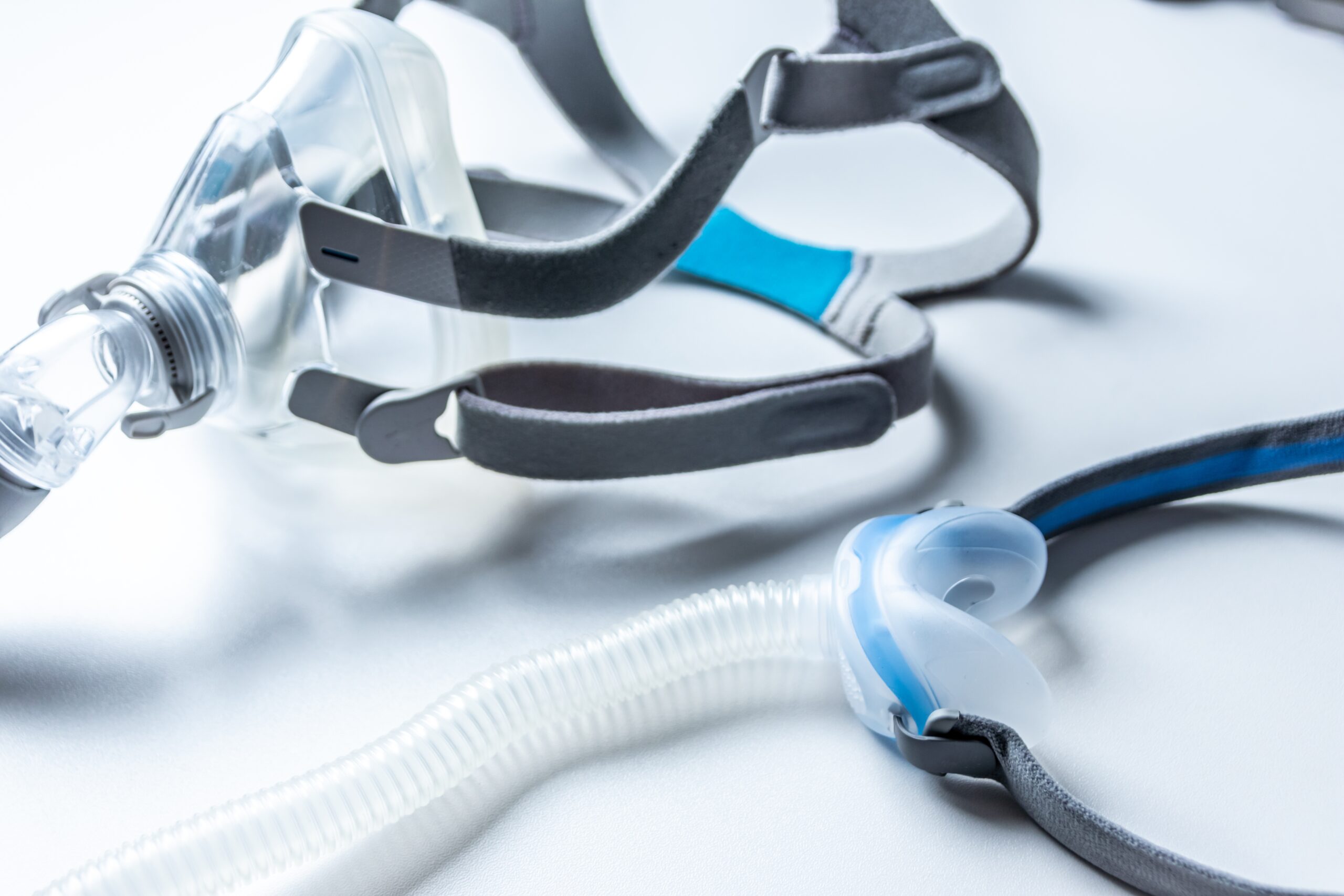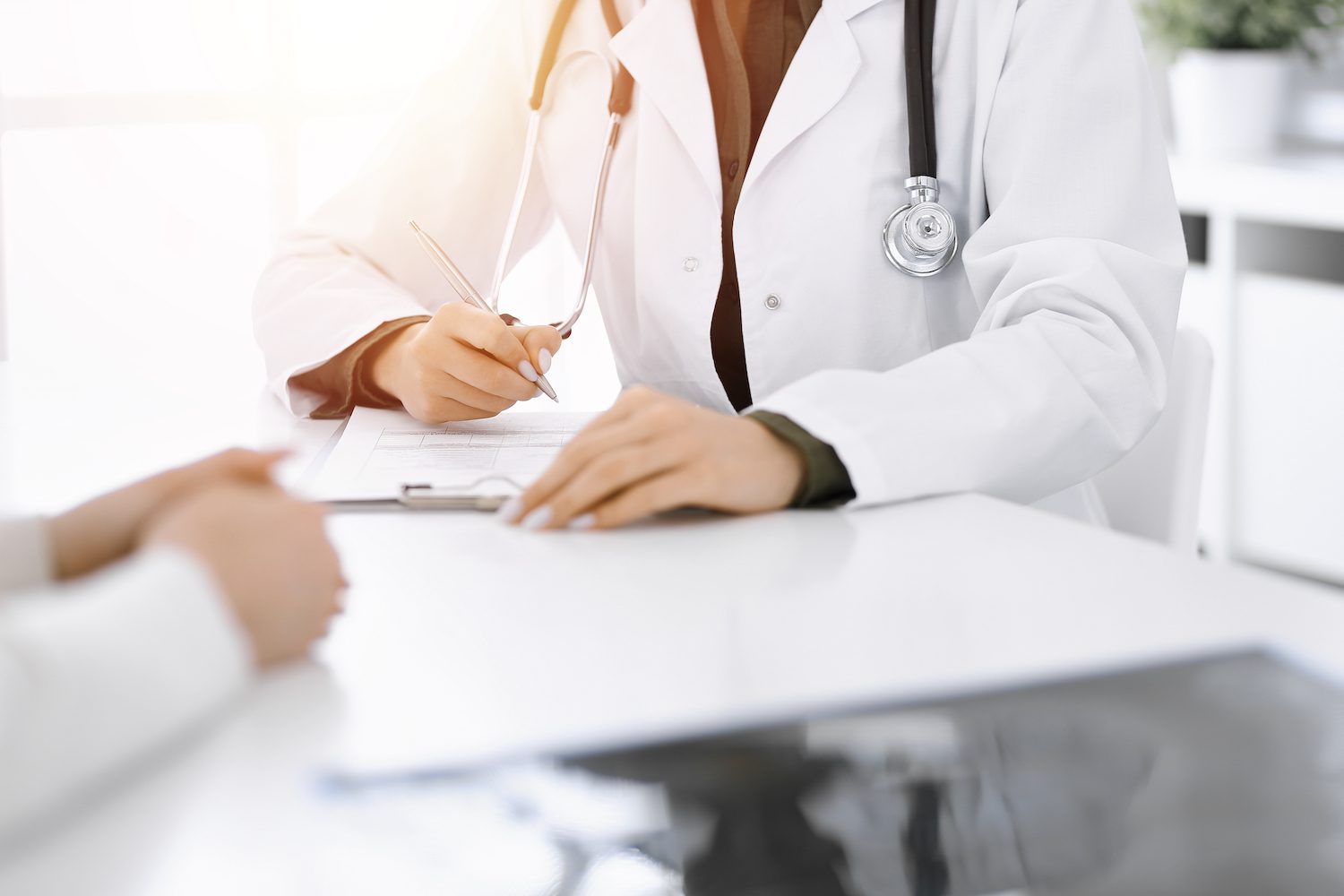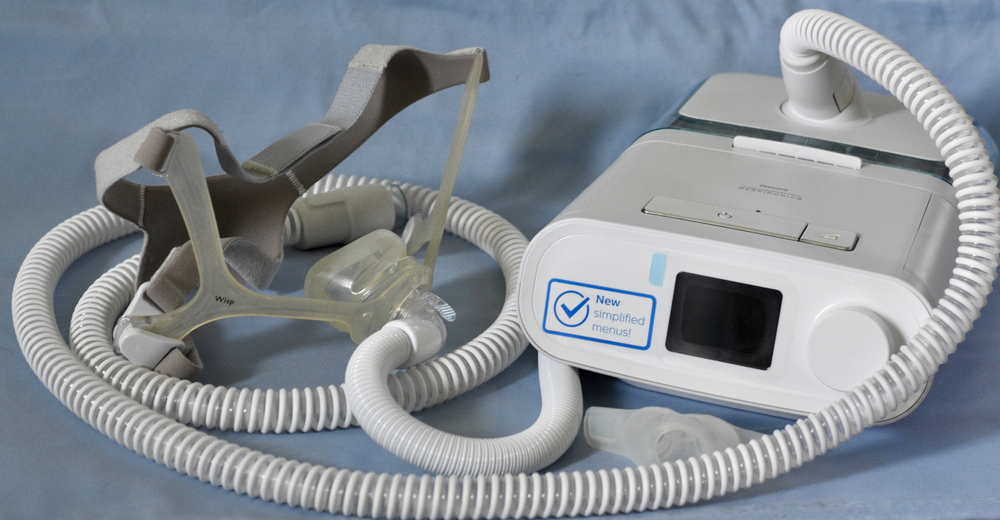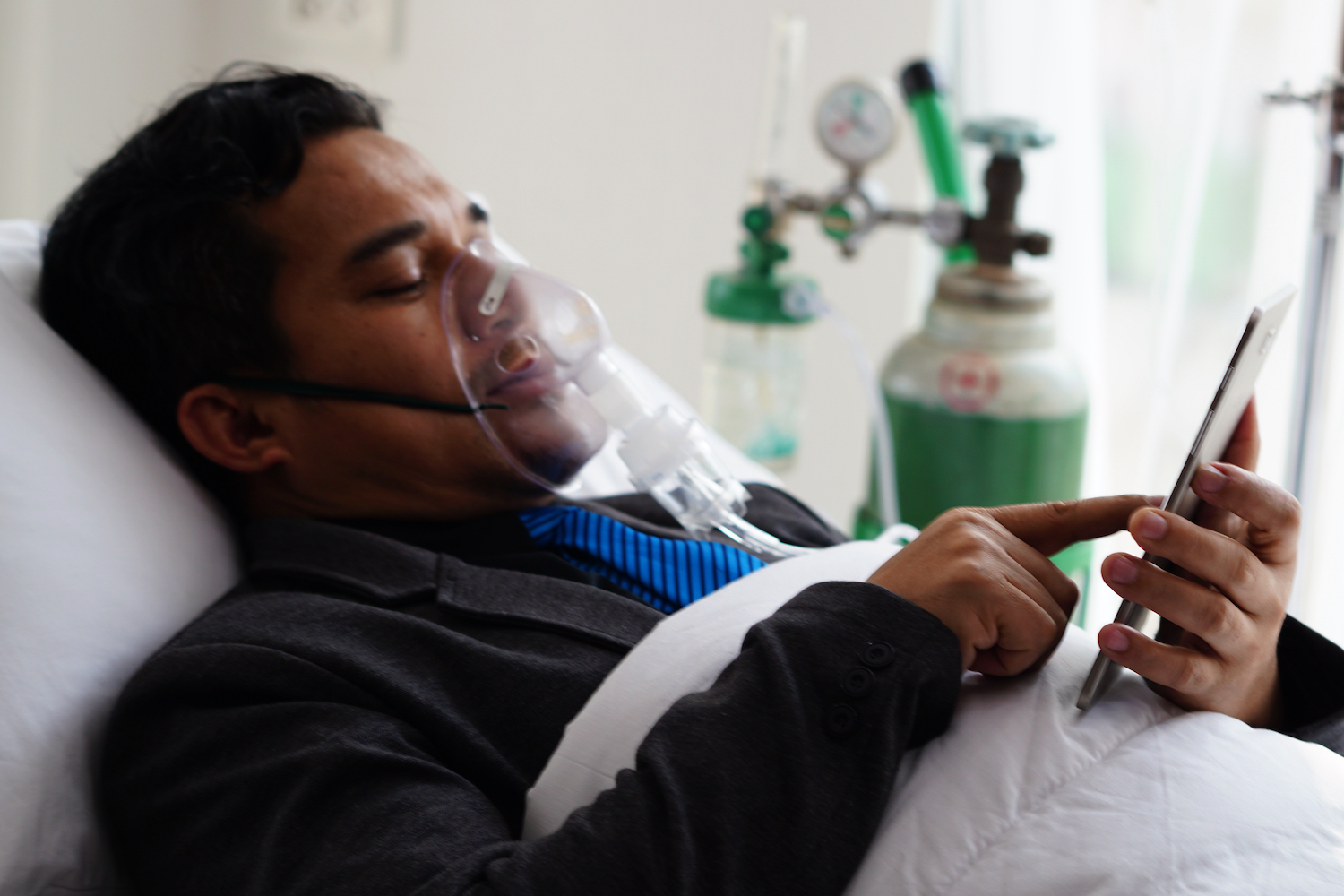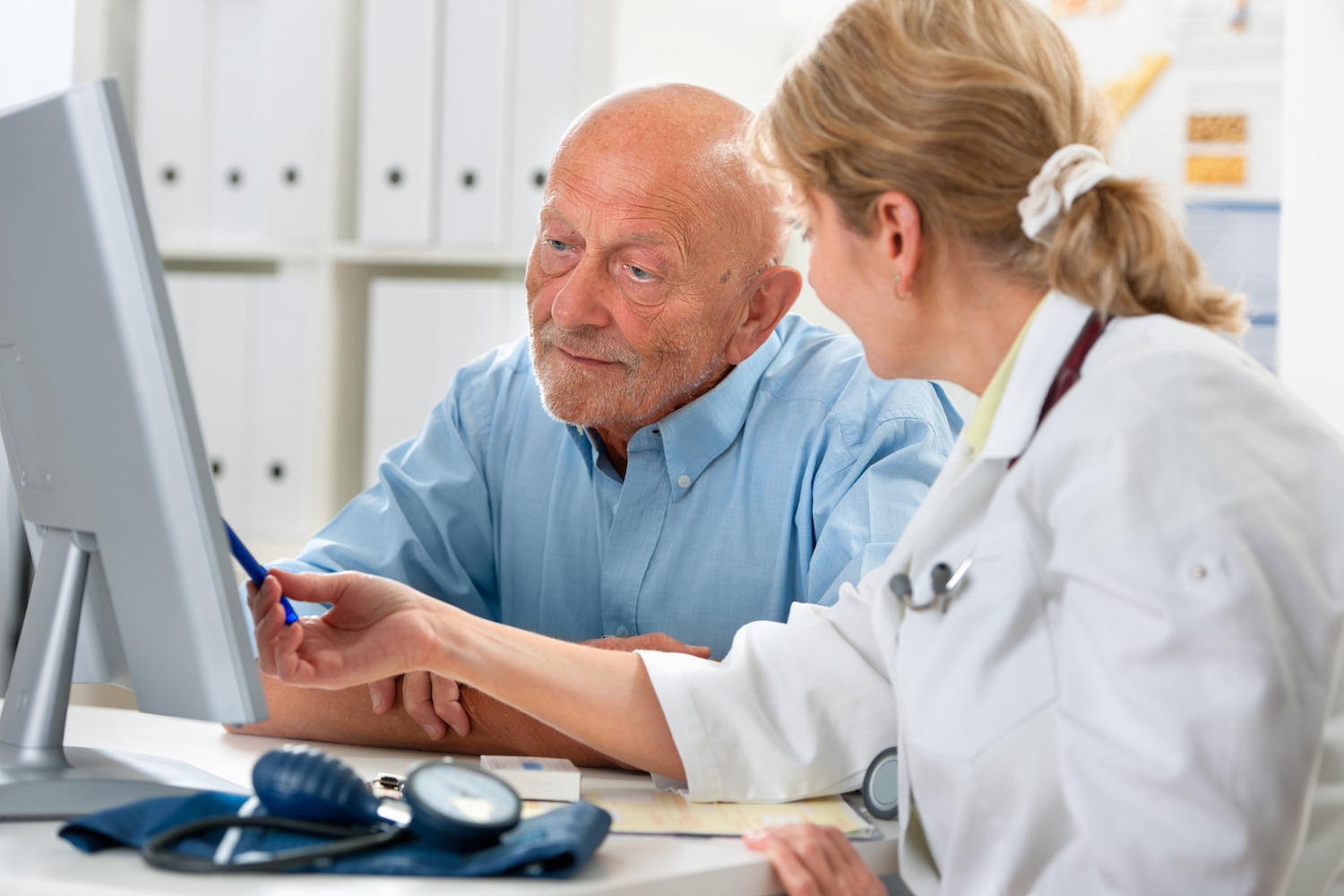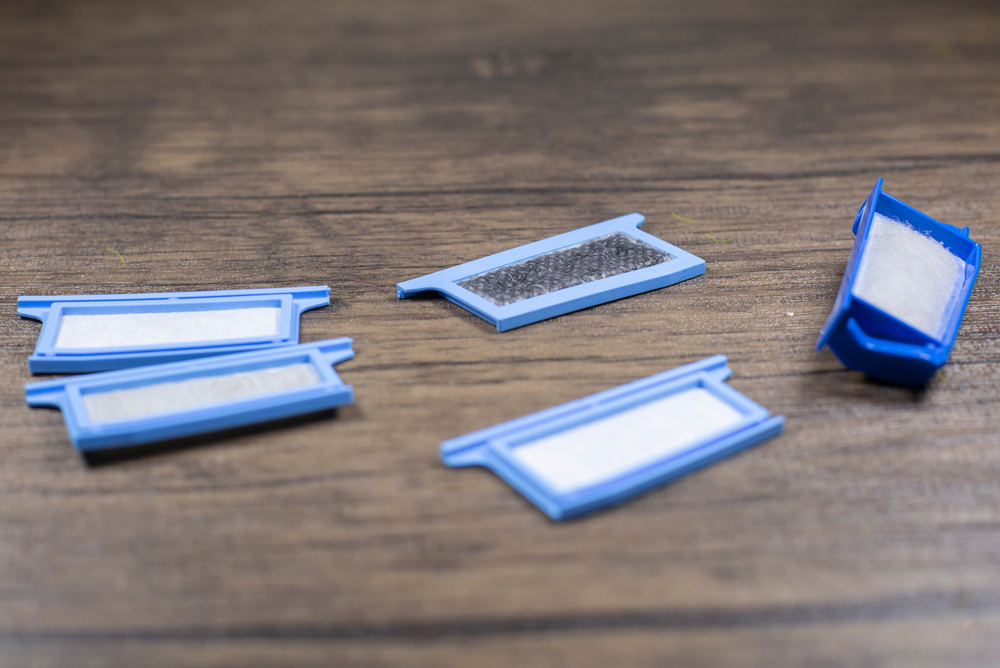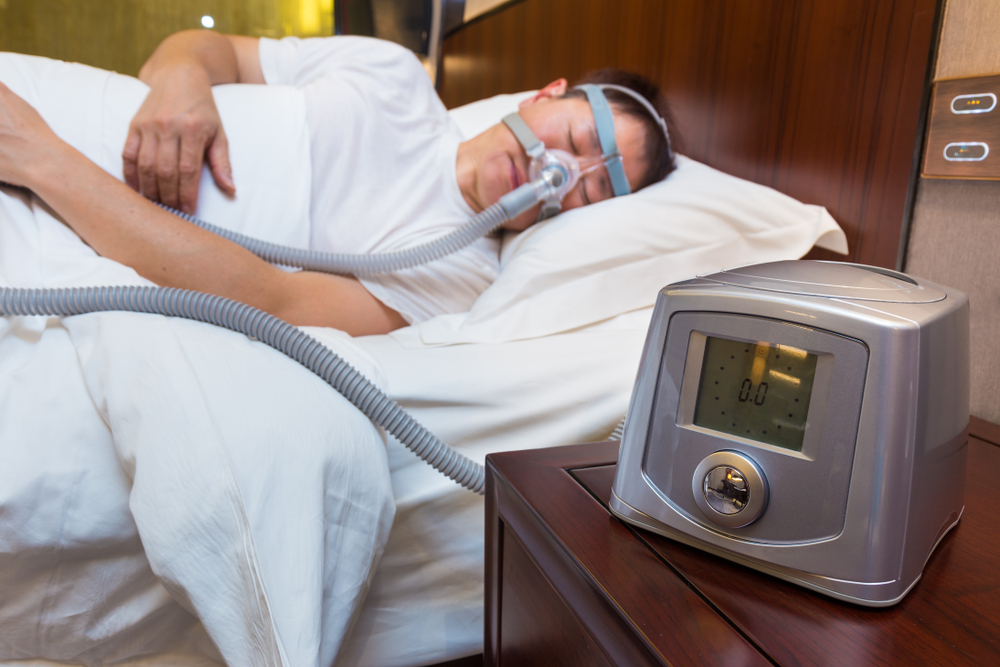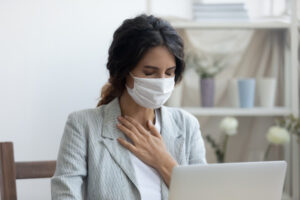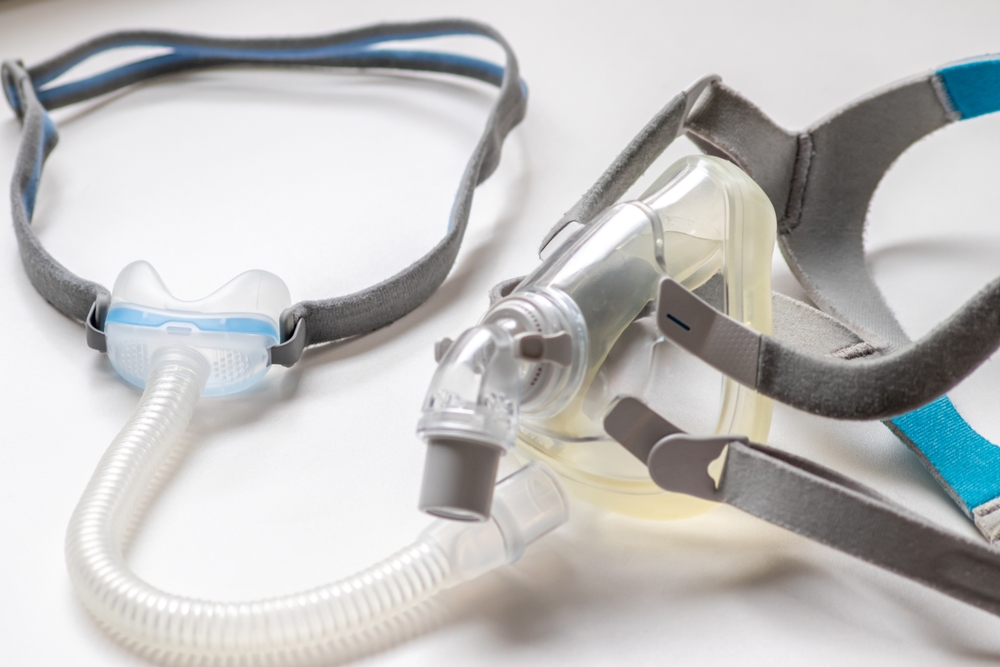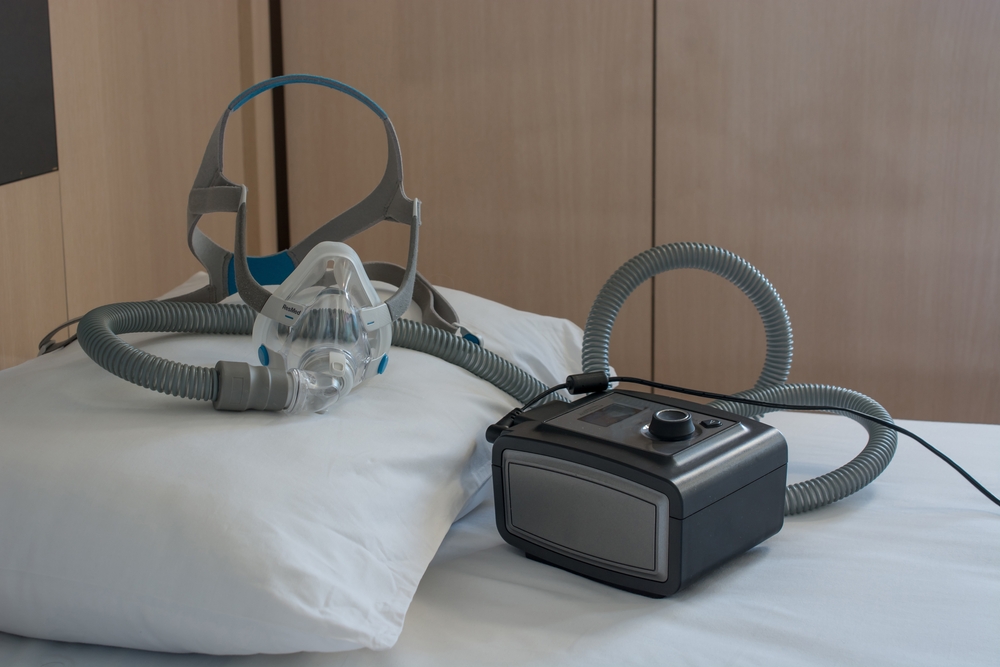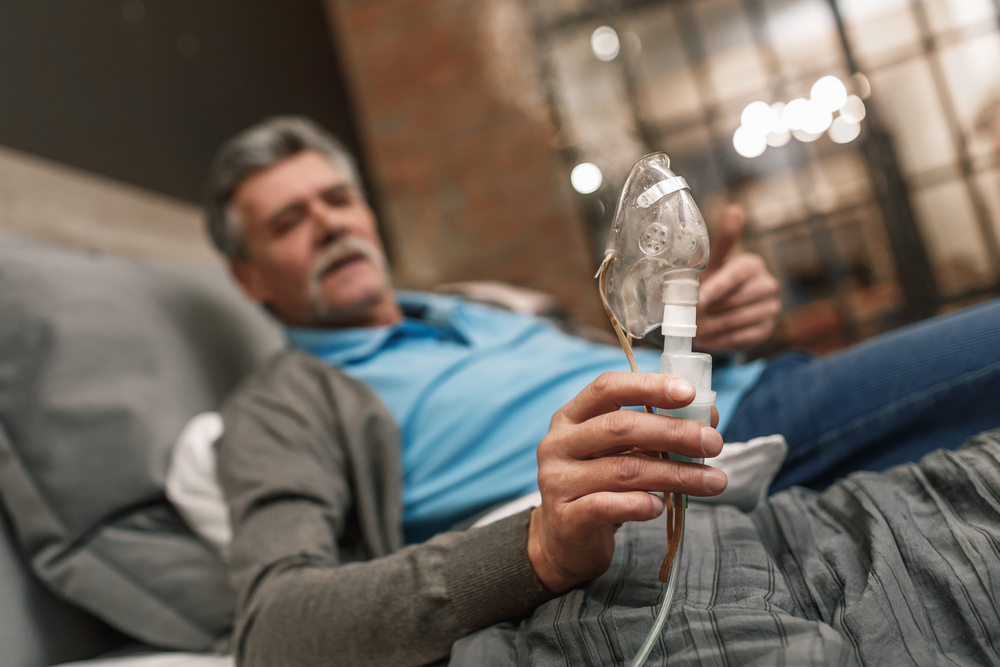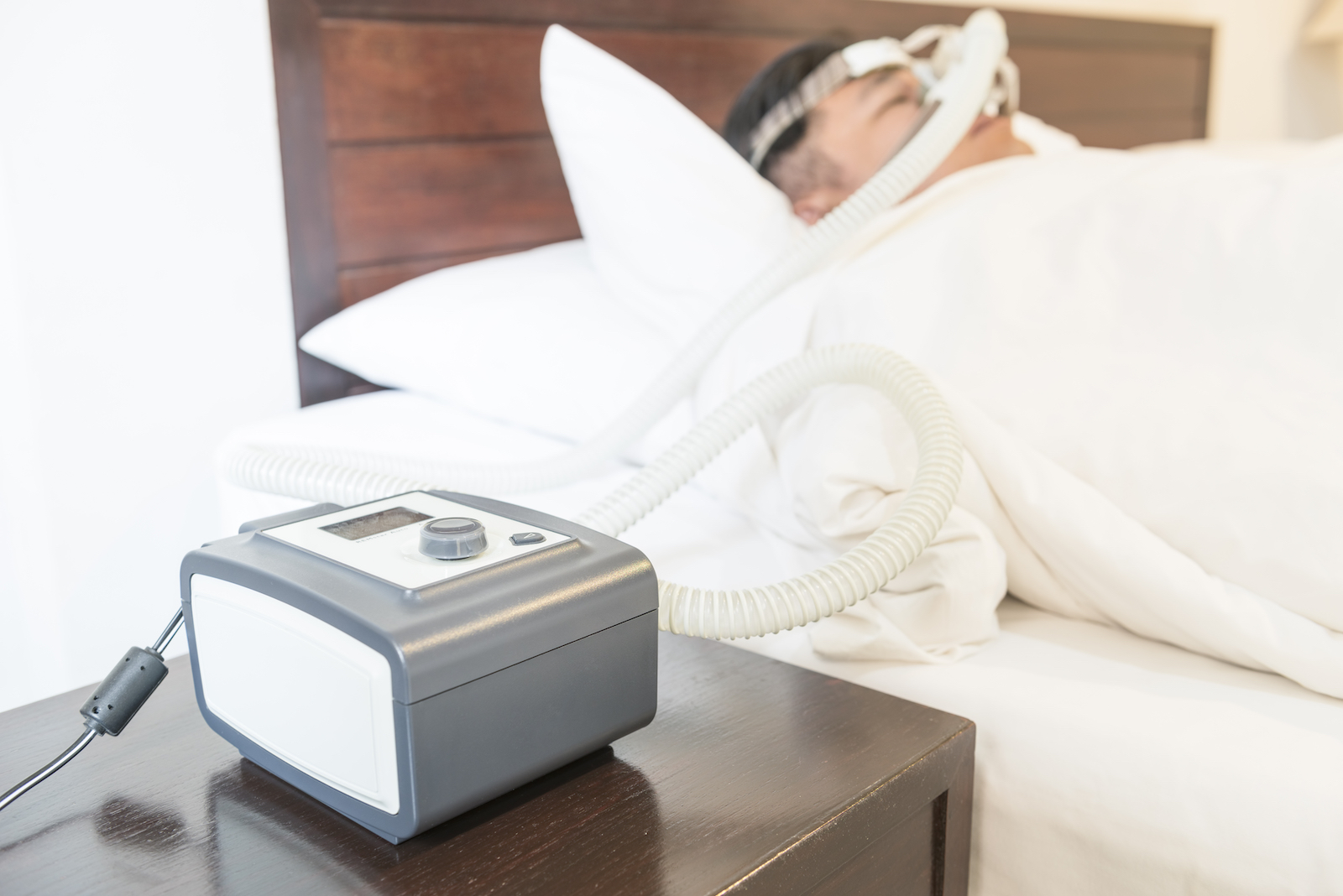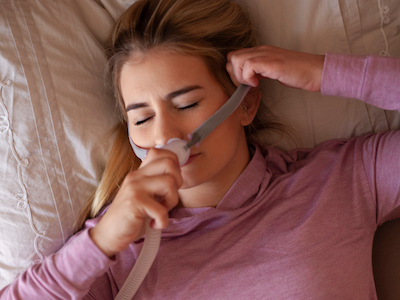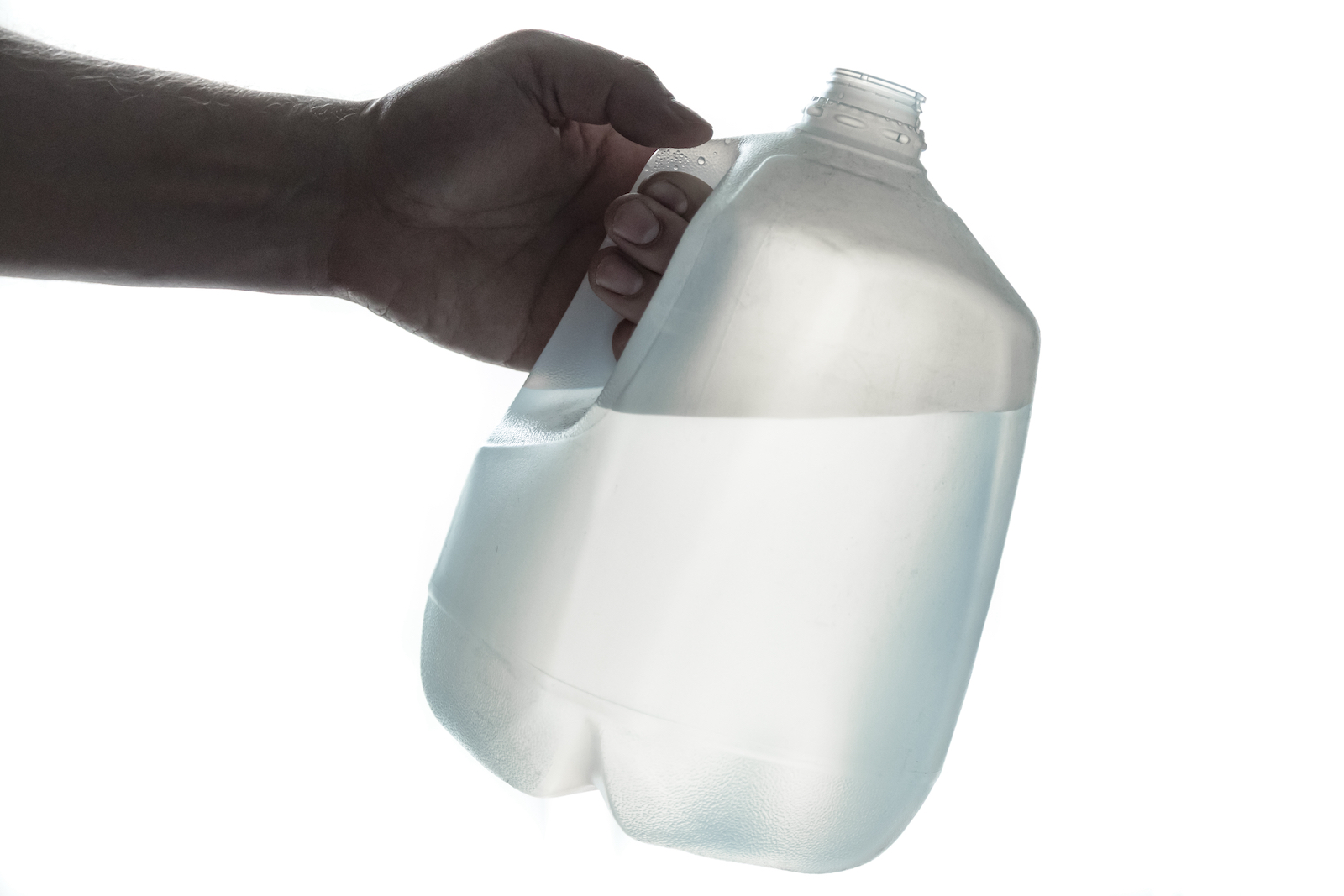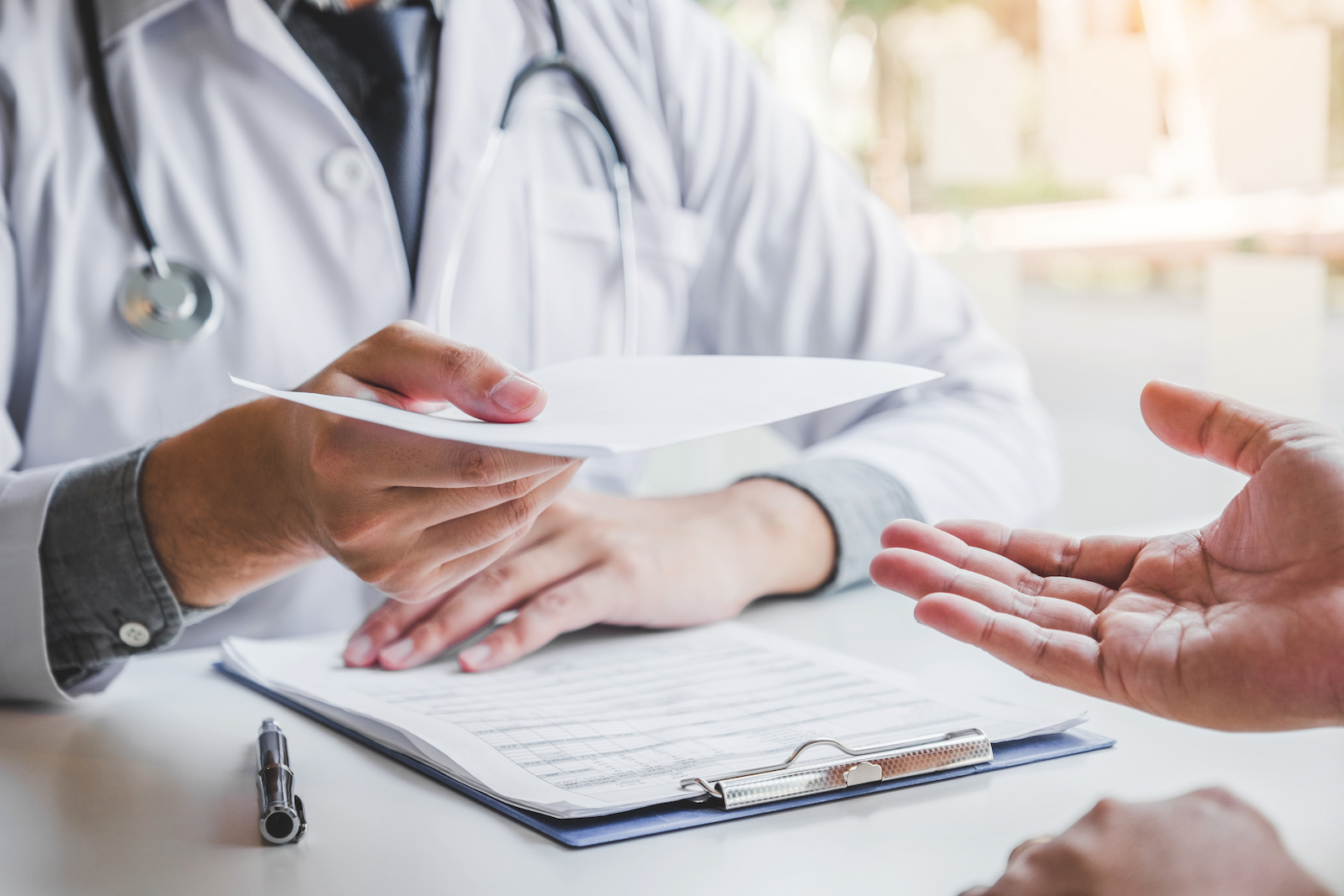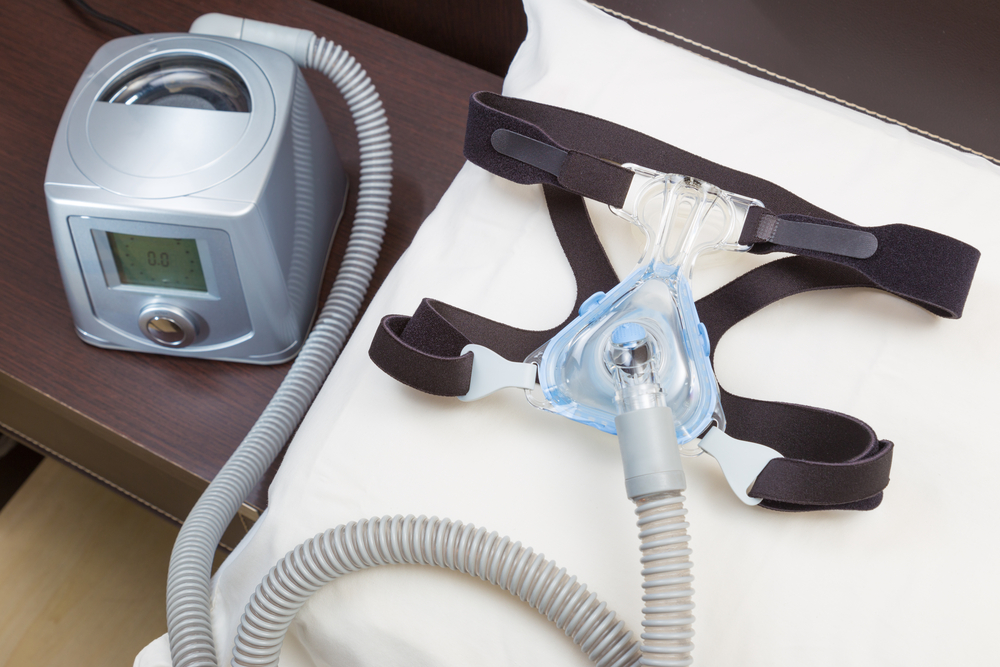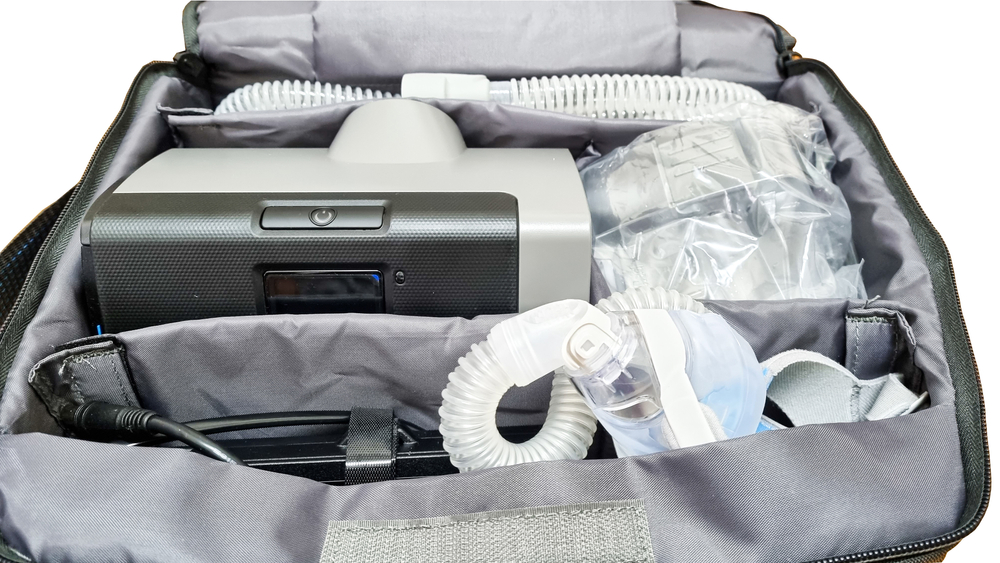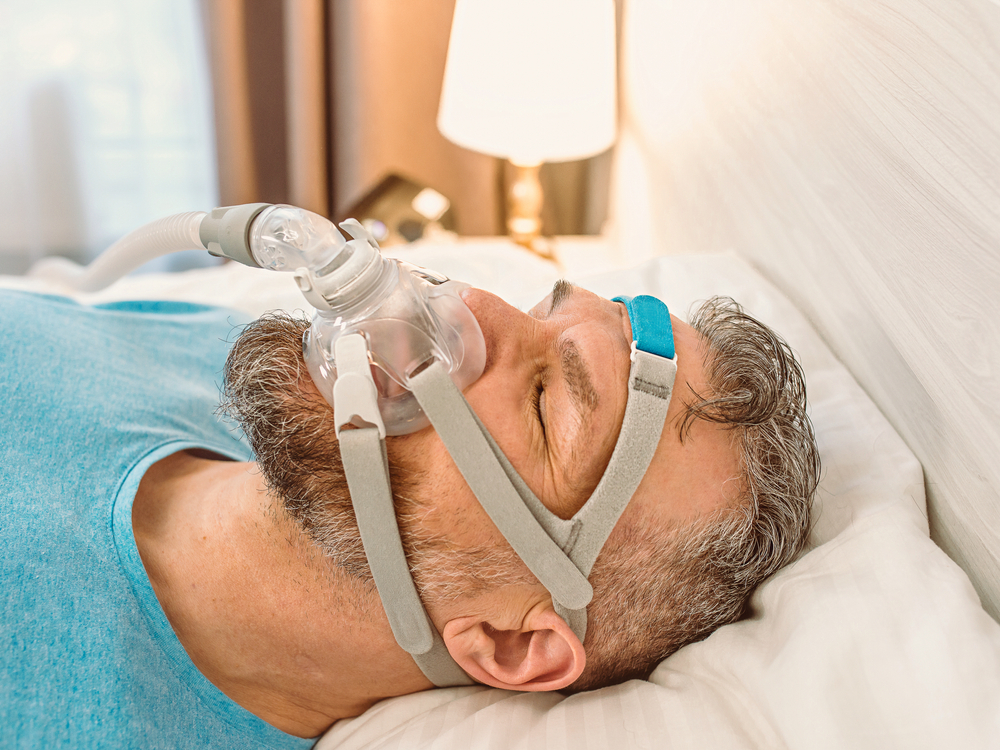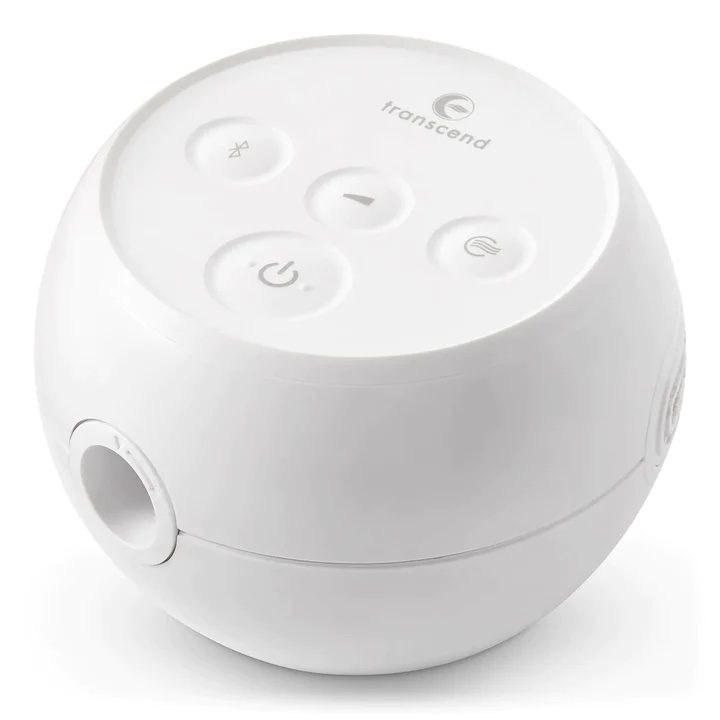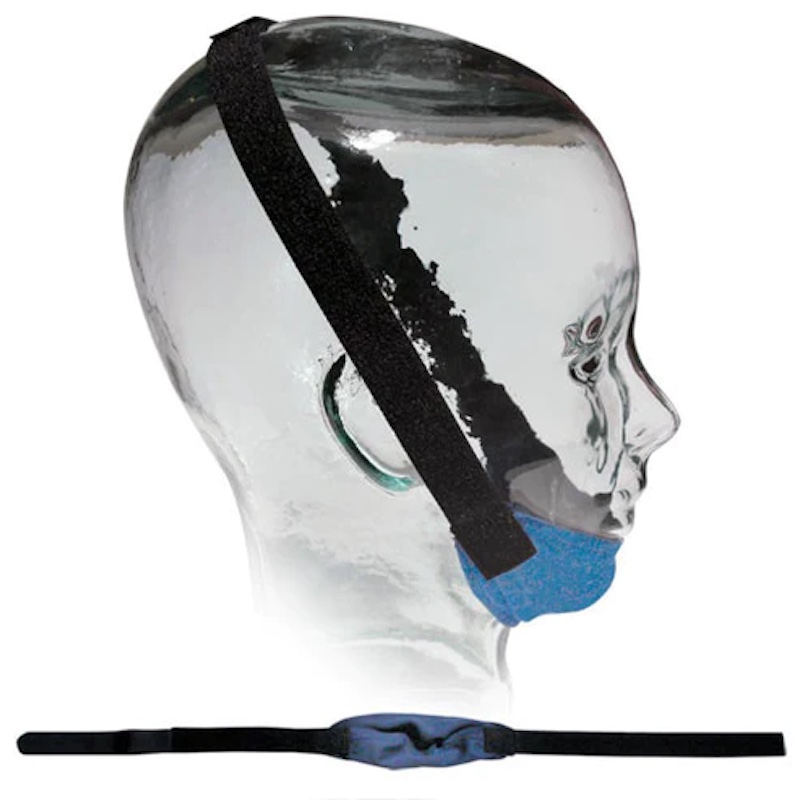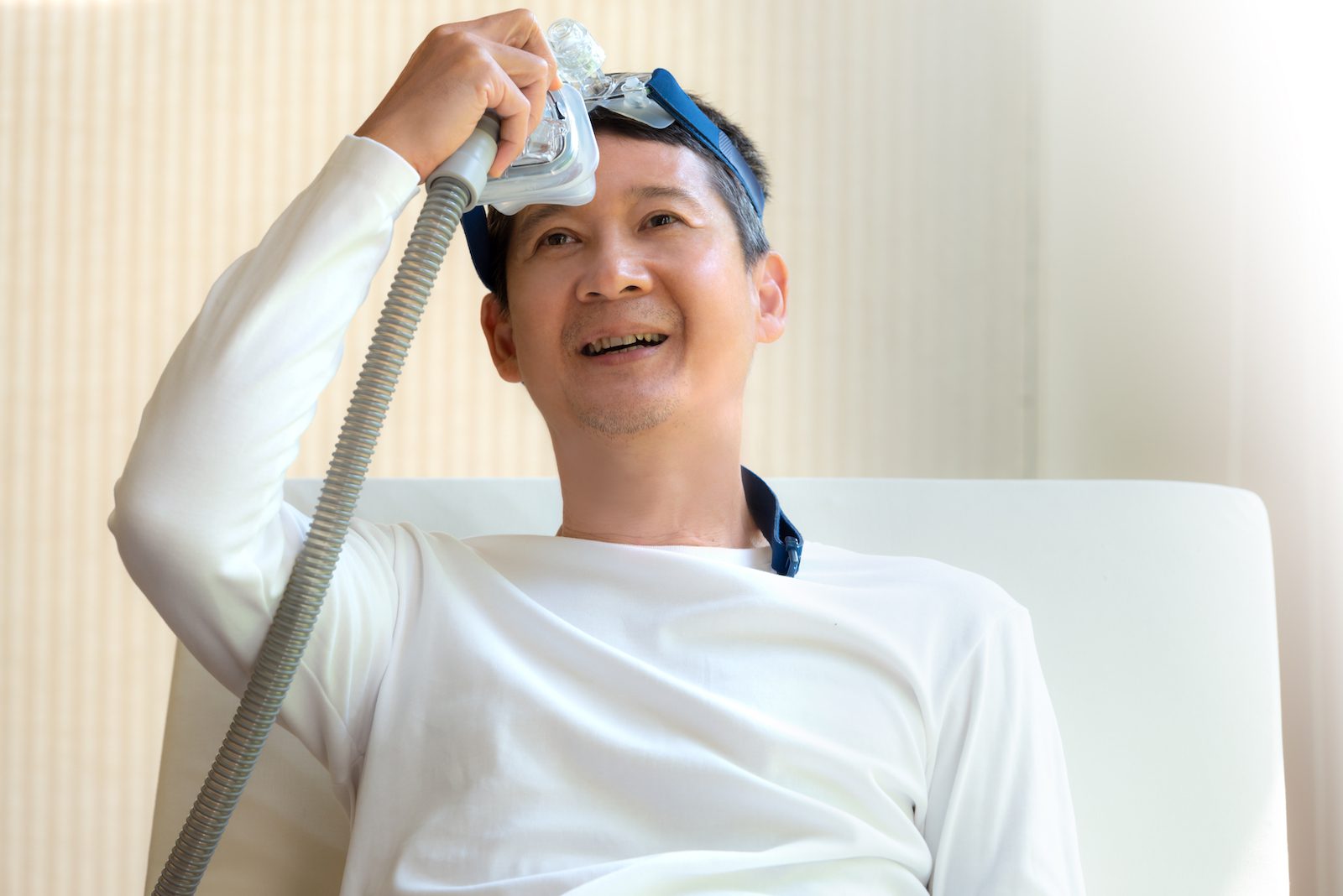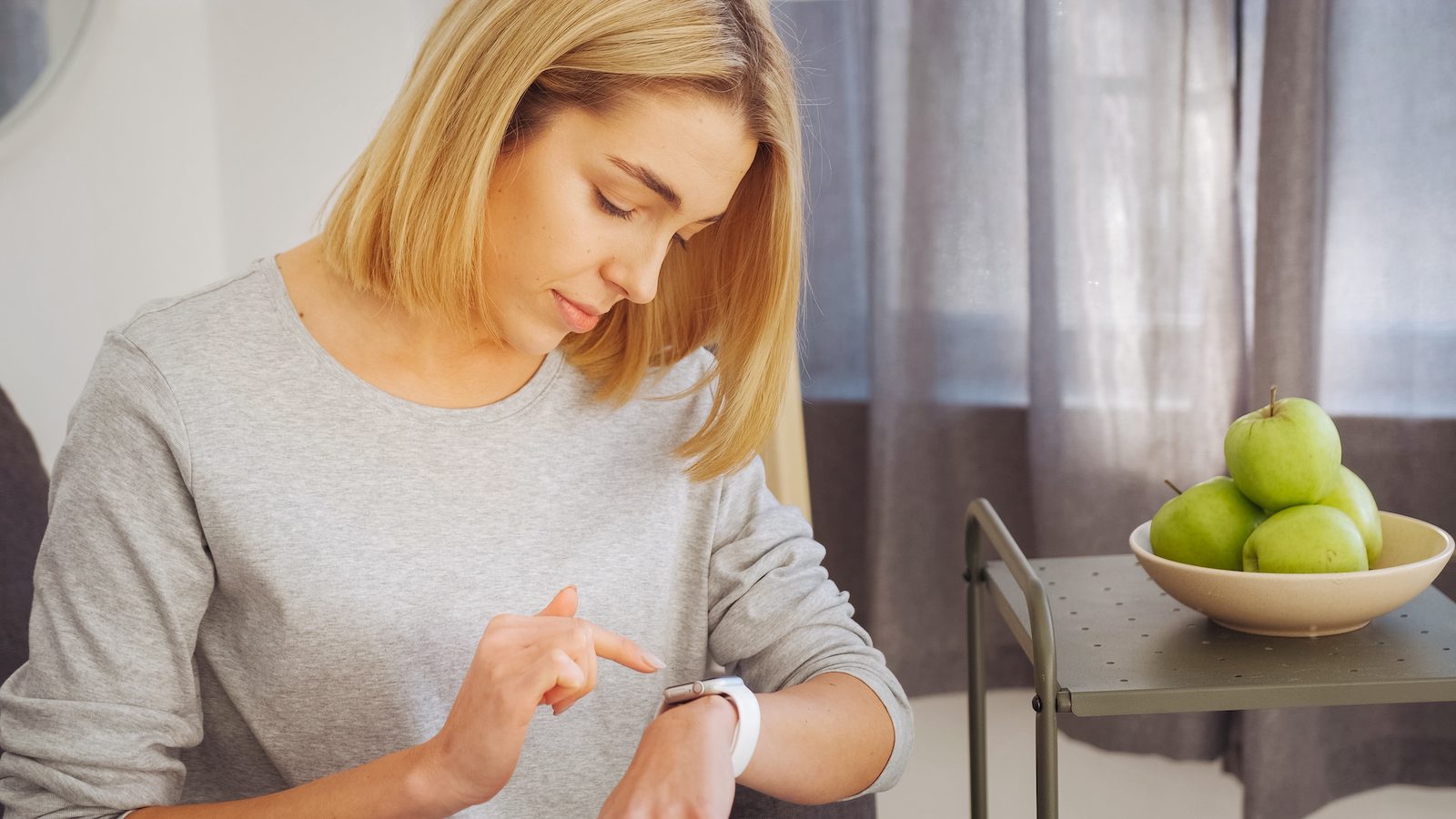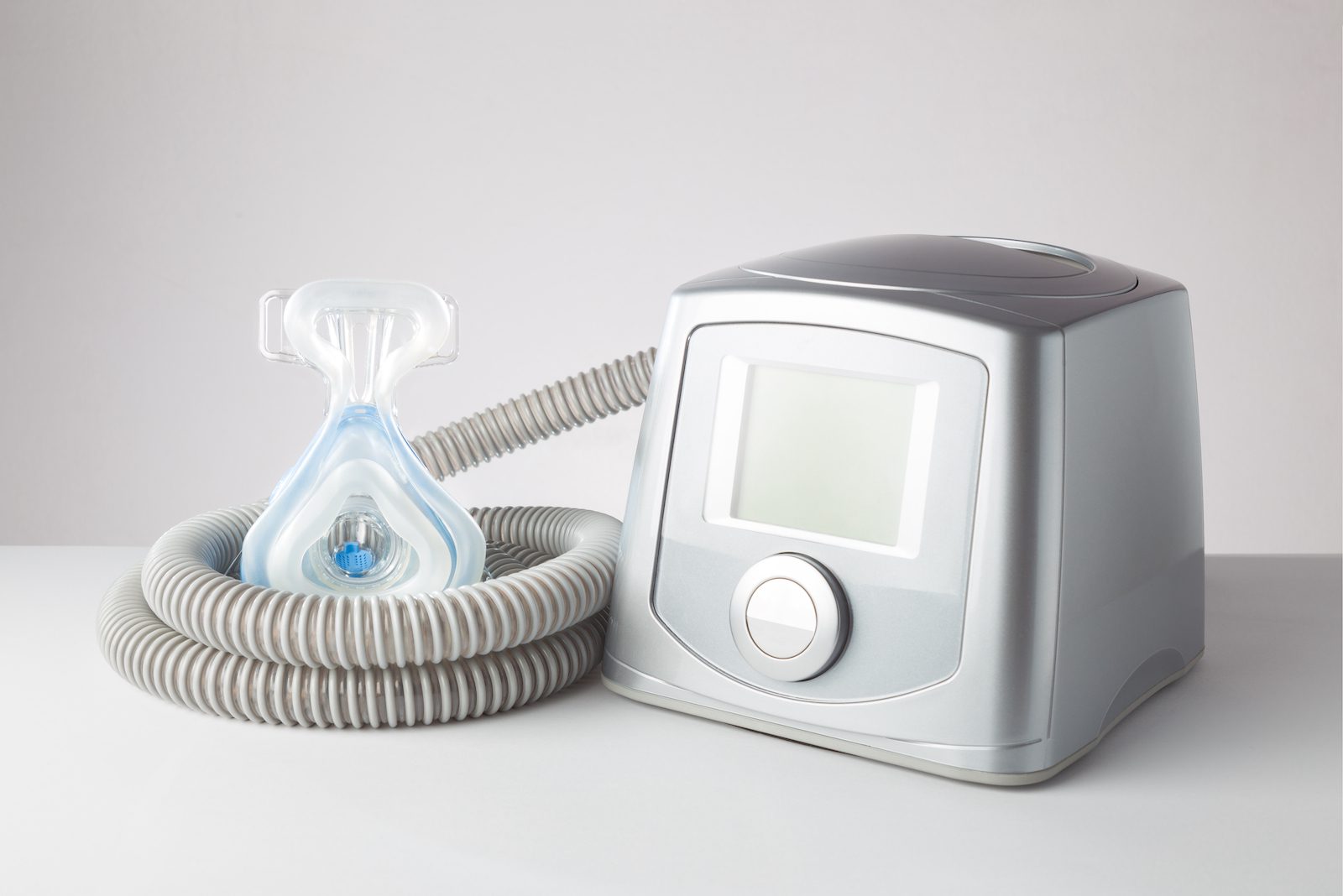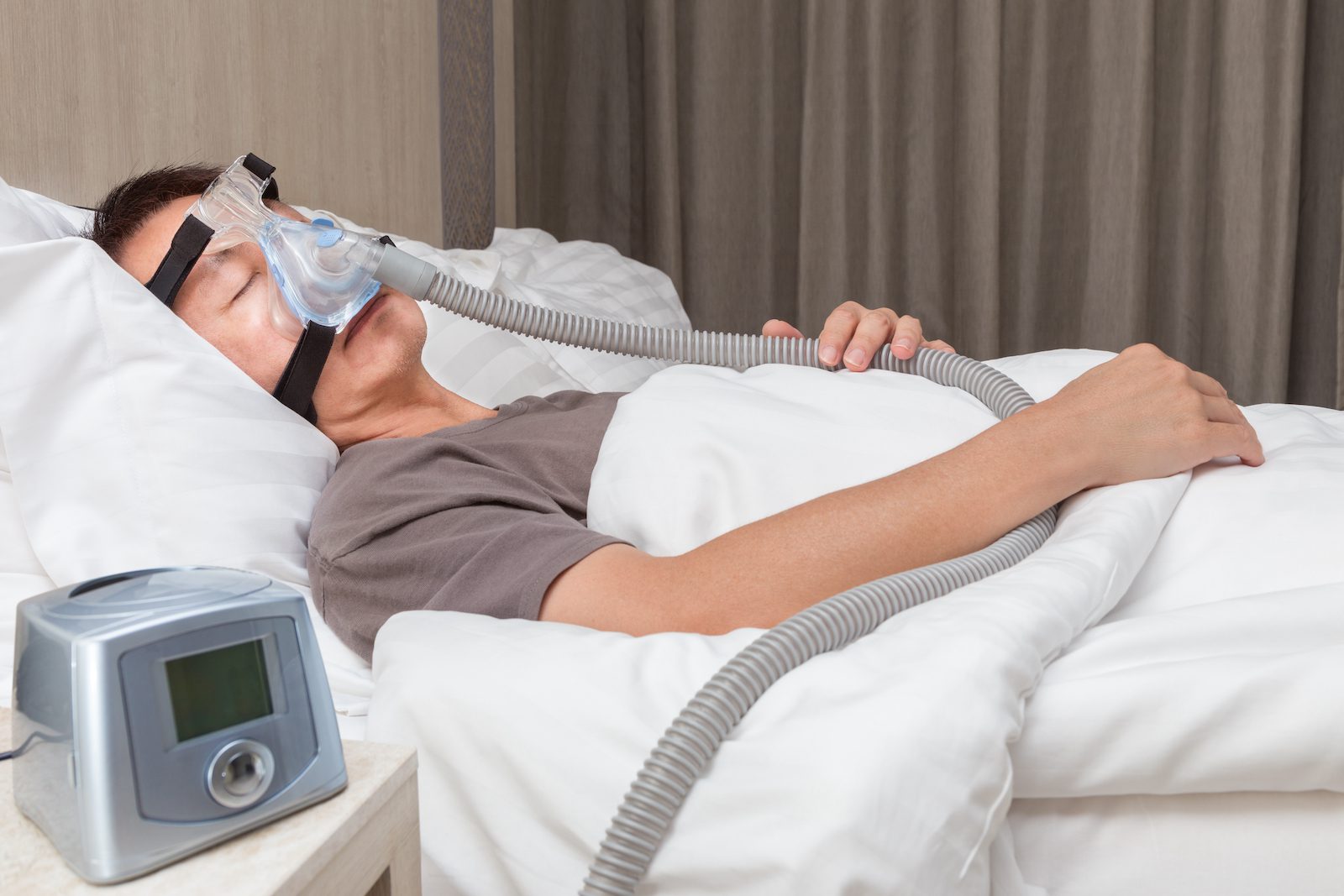Dry mouth is a potential side effect of continuous positive airway pressure (CPAP) therapy for sleep apnea. In CPAP therapy, a device sends pressurized air through a mask and into the upper airway to minimize breathing disruptions during sleep. For some people, this air flow can cause uncomfortable dryness in the mouth.
Various factors contribute to dry mouth, and several approaches, including use of a CPAP humidifier, may prevent or remedy this problem. We cover the key details about dry mouth, including why it happens and how to take steps to address it.
How to Prevent CPAP Dry Mouth
There are multiple ways to try to prevent dry mouth when using a CPAP machine, including by using a CPAP humidifier. Working directly with your doctor early in the process can help you find solutions as quickly as possible, including by making any necessary adjustments to your CPAP settings or accessories.
Use a Heated Humidifier
Heated humidification can go a long way toward eliminating dry mouth from CPAP therapy. Experts in sleep medicine recommend heated humidification for most individuals who use a CPAP machine.
A heated humidifier adds warm water vapor to the air that flows through the CPAP hose and mask. This moisture helps combat the drying effect of the continuous airflow from the CPAP machine. A humidifier is integrated into most modern CPAP devices, but a separate humidifier can be attached to a CPAP machine if necessary.
Some CPAP devices also have an option for heated tubing, which contributes to heated humidification and typically prevents condensation in the tubing.
To use the humidifier, make sure to fill the water chamber before going to bed. Keep in mind that CPAP manufacturers recommend only using distilled water for humidification.
It may also be worthwhile to adjust the humidity in your bedroom if you live in a dry area, such as by using a standalone room humidifier to put moisture in the air.
Find the Right CPAP Accessories
A sleep specialist can help you choose the best and most comfortable accessories, which may help address dry mouth. For example, if you use a nasal CPAP mask, it may be beneficial to mouth tape or wear an attachable chinstrap that can keep your mouth closed during sleep. This can reduce the amount of drying air flow through the mouth.
Try Hydrating Products
For bothersome and ongoing dry mouth, you can try using an over-the-counter mouthwash, gel, or spray that is designed to mimic saliva and help keep your mouth from getting too dry. Saliva-stimulating tablets may also help. If you have nasal dryness, a saline spray may provide relief.
Stay Hydrated
Drinking enough water can help prevent dry mouth. Keep a glass of water at the bedside to sip from as needed overnight. However, be cautious about drinking too much before bedtime since trips to the restroom can also disrupt sleep quality.
Avoid Cigarettes and Alcohol
Avoid smoking cigarettes and drinking alcohol because both can contribute to dry mouth. Smoking and drinking alcohol are also risk factors for obstructive sleep apnea, so cutting down on their use may offer added benefits.
What Causes CPAP Dry Mouth?
CPAP-related dry mouth can occur for several reasons, including as an effect of the continuous stream of air that can decrease moisture in the mouth while also reducing saliva production.
- Pressurized air flow: For people who use a mask that covers the nose and mouth, the steady flow of pressurized air can have a drying effect as it passes over the lining of the mouth.
- Mouth leak: When using a nasal mask, pressurized air does not flow directly through the mouth. However, air can escape or leak out through the mouth, where it can have a drying effect. For this reason, some people who use a nasal mask wear a chinstrap or mouth tape to hold their mouth closed.
- Decreased saliva: CPAP therapy may interfere with moisture levels in the mouth by reducing the amount of saliva produced. Changing pressure levels in the mouth can disrupt the normal signals that trigger saliva production, leading to a higher risk of dry mouth.
- Mouth breathing: Some individuals with sleep apnea naturally breathe through their mouth during sleep. In addition, some people breathe through their mouth because of nasal congestion that can arise either independently or as an effect of CPAP therapy. With more air moving through the mouth, there is a higher likelihood of oral dryness.
Other Causes of Dry Mouth
Using a CPAP machine is far from the only cause of dry mouth. Other medical conditions, lifestyle factors, and medications can also contribute to dry mouth.
- Nasal congestion: A stuffy nose related to allergies or infection may encourage breathing through the mouth, which can lead to mouth dryness.
- Certain medications: Treatment for various conditions can cause dry mouth as a side effect. Certain antidepressants, allergy medications, radiation therapy, and chemotherapy increase the chances of developing oral dryness.
- Chronic medical conditions: Although not always a primary symptom, dry mouth has been noted in individuals diagnosed with conditions like diabetes, autoimmune disorders, kidney failure, and thyroid disease.
- Dehydration: Dry mouth can be a consequence of dehydration, which can arise from medical conditions causing fluid loss or insufficient fluid intake during the day.
- Substance use: Frequent alcohol and tobacco use is associated with dry mouth. Both long-term smoking and alcohol consumption are believed to interfere with the body’s normal processes of producing saliva, which keeps the mouth lubricated.
More Tips for Using a CPAP Machine
Using a CPAP device can require an adjustment period. Adapting to wearing a mask and feeling the inflow of air may take time, and troubleshooting may be required to address side effects like dry mouth. A few at-home tips may help you in the process of adjusting to using a CPAP device.
- Practice wearing the mask: You may find it helpful to wear the CPAP mask for short periods during the day to become more comfortable with its fit and feel.
- Maintain proper sleep hygiene: You can fall asleep more easily when using a CPAP device if you have good sleep habits. For example, you can try to set a consistent bedtime and reduce evening alcohol and caffeine intake. You should also try to eliminate distractions in your bedroom, including from excess light and noise.
- Get the right accessories: Finding the right CPAP supplies can help you feel more comfortable. A heated humidifier, a chinstrap, and mask cushions may help resolve specific concerns about dry mouth or mask discomfort. You can also talk to your doctor if you want to try a different mask or explore other CPAP accessories.
- Be consistent: Even if it feels challenging at first, use the CPAP device as prescribed. Regular use can make the adjustment process faster and allows you to obtain the significant health benefits that come from effectively treating sleep apnea.
- Keep your CPAP clean: To keep your device functioning optimally, clean and maintain it according to the instructions in the user manual.
When to See a Doctor About CPAP Dry Mouth
Your provider will schedule regular follow-ups to monitor your symptoms and response to CPAP treatment. Still, it is important to contact your doctor if dry mouth persists or if you have other problems related to sleep apnea or CPAP therapy.
Persistent Dry Mouth
If you’ve tried to reduce dry mouth but still find it to be bothersome, check in with your doctor about the most appropriate next steps.
Dry mouth may be a sign that you would benefit from a change to your CPAP mask, headgear, or device settings. Your doctor can review your CPAP setup and the steps you’ve already taken and then suggest other options for reducing dry mouth. They can also review your overall health to determine if there may be another issue causing oral dryness.
Ongoing Sleep Apnea Symptoms
Always let your doctor know if you have continuing or worsening symptoms of sleep apnea, such as excessive daytime sleepiness, frequent snoring, or difficulty concentrating. Persistent symptoms may be a sign that your CPAP therapy needs to be adjusted to more adequately treat sleep apnea.
Dental Problems
Dry mouth can impact dental health. In addition to working with your doctor, consider seeing a dentist if you notice gum irritation, bleeding, or other dental issues after starting CPAP therapy.
Concerns About CPAP Settings
You should reach out to your doctor if you have questions or concerns about your CPAP pressure settings. Although sleep specialists work to optimize settings at the outset of treatment, adjustments may be necessary.
However, you should not attempt to change the settings yourself since the pressure levels must be properly calibrated. If changes are needed, someone from your health care team can either make an adjustment for you or guide you through the process of making changes on your device.

